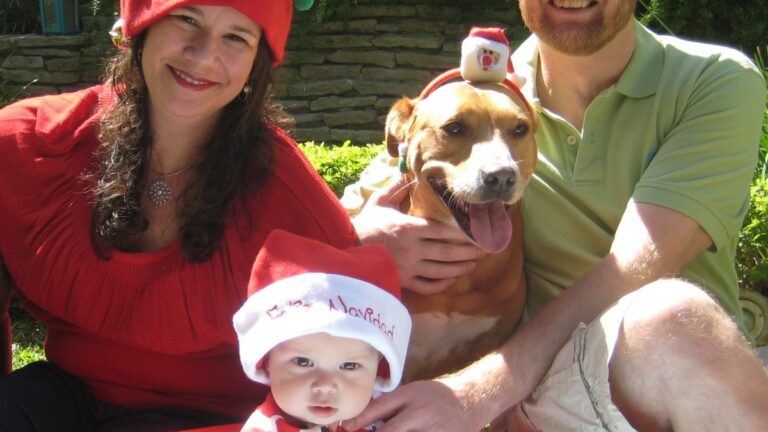The University of Southern California is one of today’s most prestigious and innovative private universities in the world. We are graduating students each year who go on to do exceptional things with their lives, from furthering their education, to becoming leaders in their fields of practice.
Our Psychology students go on to thrive in numerous fields and career paths. Many of our alumni go on to become Doctors, Lawyers, Professors, Psychologists, Research Analysts, Social Workers, Sales Representatives, Occupational Scientists, and much more. In fact, Psychology is one of the most common majors today for students on the pre-med and pre-law tracks. As the study of human behavior, our students also use their transferable skills to break into areas of marketing, human resources, management, and other business related fields where client interaction and understanding consumer behavior is vital to a company’s success.
Please take a moment and discover what some of our past undergraduate students have done with their education:
Jennifer Zuchowski, Class of 2005, B.A. in Psychology
Where have you worked and/or studied since you graduated from USC?
Completed Master’s degree from Arizona State University
Currently working on Doctor of Education in Organizational Change and Leadership at USC
Appointed Manager Programs & Administration for the Environmental Services Division of the Metropolitan Council in St. Paul, MN in May of 2016– As part of my work, I manage divisions workforce planning efforts, as well as diversity, inclusion & equity programs and initiatives. I also serve on Council-wide Equity-related teams and committees.
The Metropolitan Council is the regional policy-making body, planning agency, and provider of essential services for the Twin Cities metropolitan region. The Council’s mission is to foster efficient and economic growth for a prosperous region.
Finalist in the Governor’s 2018 Better Government Award for my work in Diversity Outreach and Employee Engagement
Employees are one of the Metropolitan Council’s most valuable assets. Our Environmental Services division (MCES) is expanding recruitment, retention and promotion efforts to create a workforce that reflects the diversity of our region and a culture where employees are prepared, welcomed and supported in their work.
Our Diversity Outreach Program is a multifaceted strategy that includes building relationships with dozens of community partners from Big Brothers Big Sisters to the Twin West Chamber of Commerce. We work with teachers to help build STEM curriculum related to our work. We are visible and vocal in the community, participating in job fairs and hosting site tours and job shadowing, among many other activities.
We revamped our Employee Recognition Program to make it more robust and inclusive. It now includes a peer recognition component and a Keystone Award recognizing superior achievement of agency goals. Engagement in the program has increased significantly.
These efforts are helping to ensure that MCES is a sustainable, diverse, inclusive and competitive employer for years to come.
Award website: https://mn.gov/admin/continuous-improvement/results/governors-awards/
Appointed to the Board of Directors for AccessAbility Inc. in Minneapolis, MN in Dec. 2017; AccessAbility Inc. is a non-profit organization that provides opportunities for self-sufficiency for people with barriers to employment and community inclusion.
Recognized by the National Association of Clean Water Agencies (NACWA) and will be a featured topic in their Winter Issue of the Clean Water Advocate Magazine to be released in February 2019 for innovative workforce development partnership with local school districts that serve concentrated areas of poverty. The partnership allows my organization (the Metropolitan Council Environmental Services division) to build relationships with school districts and to directly influence curriculum that supports skills needed by the future workforce. This partnership is just one of the many efforts to diversify our workforce, be an inclusive employer, as well as to recruit and retain a highly trained workforce.
Brian Benjamin
Class of 2012, B.A. in Psychology with Minor in Business Law
Where have you worked and/or studied since you graduated from USC?
After graduating from USC I began my graduate education. I am currently pursuing a Psy.D. in Clinical Psychology at the California School of Professional Psychology at Alliant International University, an APA accredited program.
What was the most beneficial thing you did as a student at USC to prepare you for post-graduation?
Through the help of Dr. Jo Ann Farver and Dr. Wendy Wood, I became a proficient consumer and producer of original psychological research. I am truly glad that I was selected to complete the honors program before graduating. Not only did the honors program make me a more competitive applicant for graduate school applications, but it has benefited me over my current peers through its rigorous demands.
What course did you enjoy the most?
Although I learned much from the many psychology courses I completed at USC, I would have to say that the class I enjoyed the most was “Improvisation and Theatre Games” taught by Eric Trules. Not only did this class teach me about the art form, grant me an amazing creative outlet (while introducing me to great friends in the process) but Trule’s classroom philosophy of getting all of us to “say yes” to any situation presented via improv has become a mantra in my personal life. I believe this class made me a more confident, spontaneous and generally happier person. Although I took that class a few years ago, I still tell my friends at USC to enroll in this class with Trules before they graduate.
If you were an undergraduate again, is there anything that you would do differently?
I would take more advantage of the amazing research opportunities and various other academic resources available at USC. I feel that, sometimes, I underestimated how easy it is to become involved with the groundbreaking research that is happening on campus. This is a huge loss as these opportunities will probably never prevent themselves as clearly to us after graduating.
Have you won any awards, accolades, etc. after you graduated from USC?
I was granted the Deans Award of Excellence for my first year at Alliant University. This financial award is given to incoming students who demonstrate academic excellence as they enter and continue their education at Alliant University.
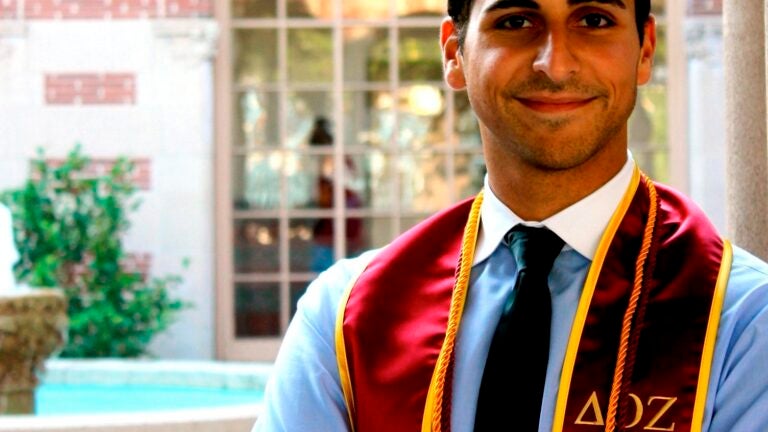
Jessica Tuazon
Class of 2009, B.A. in Psychology & Sociology
Where have you worked and/or studied since you graduated from USC?
After graduating from USC, I enrolled at the University of Miami, School of Law, where I graduated with a J.D. in 2012. During law school, I interned at a non-profit organization, the Florida Agency for Health Care Administration, and a law firm. I currently work as an attorney in a firm in Miami, where my practice focuses on regulatory compliance issues related to foods, drugs, and life sciences.
What was the most beneficial thing you did as a student at USC to prepare you for post-graduation?
Throughout the application process, the representatives of the USC admissions office emphasized the idea that USC provides its students with a complete education and the tools to succeed. In furtherance of that model, my advisors always suggested that I enroll in classes that interested me, regardless of whether or not those classes fulfilled graduation requirements or satisfied prerequisites for graduate school. From an academic standpoint, the most beneficial thing I did while at USC was to heed that advice. Taking advantage of different classes across disciplines helped satisfy my academic curiosity and, ultimately, led me to the majors that I loved. These experiences helped mold me into a better student and a more knowledgeable, well-rounded adult. As a law student and now attorney, I appreciate how those classes helped to hone my critical thinking and analytical skills, and prepared me for post-collegiate life.
What course did you enjoy the most?
One of my favorite courses as an undergraduate student was Dr. Farver’s Psychology Honors courses. The Psychology Honors program provided me with a rare opportunity to have a hands-on academic experience. Through these two courses, I became intimately familiar with every stage of a research project, from developing an initial research question to presenting my final thesis at the Undergraduate Symposium. The program’s full-immersion approach to research, including the ordeals of IRB certification, data collection and analysis, and tackling social science-focused academic writing, is a fantastic preview of graduate school and the rigors that students will face after graduation. Dr. Farver and the other professors who assisted with our independent projects created a collegial environment, wherein students were treated akin to colleagues. By treating us like future colleagues and breaking down the professor-student barrier, we were exceptionally motivated to work hard to produce the best research projects possible.
The Psychology Honors Program also brings together people from all areas of the psychology department. My graduating class included people whose projects focused on new issues in the psychology of social media, elaborate cognitive functioning, questions focused in biological aspects of perception, as well as the developmental psychology of children’s understanding of language of memory. Additionally, the students in my class had very different future plans. From my graduating class, we now have attorneys, a medical doctor, multiple Ph.D. candidates, social workers, and business men and women. Our diverse upbringings and interests made our roundtable discussions that much more interesting and engaging. Overall, my experience in the Psychology Honors Program introduced me to the world of collegial practice and helped improve my confidence, communication and interpersonal skills.
If you were an undergraduate again, is there anything that you would do differently?
In addition to adding even more variation to my class schedule, I would take my professors’ advice and go to office hours. As an undergraduate student, I was shy and nervous to approach my professors. The Psychology Honors Program finally helped me to understand how approachable, interesting, and helpful those interactions can be in understanding the material. I wish I could go back and tap into those relationships with professors, as they can help students explore options and open the door to great opportunities for the future.
Have you won any awards, accolades, etc. after you graduated from USC?
Member and Website Editor for the American Bar Association (ABA) Food, Cosmetics, and Nutraceuticals Committee
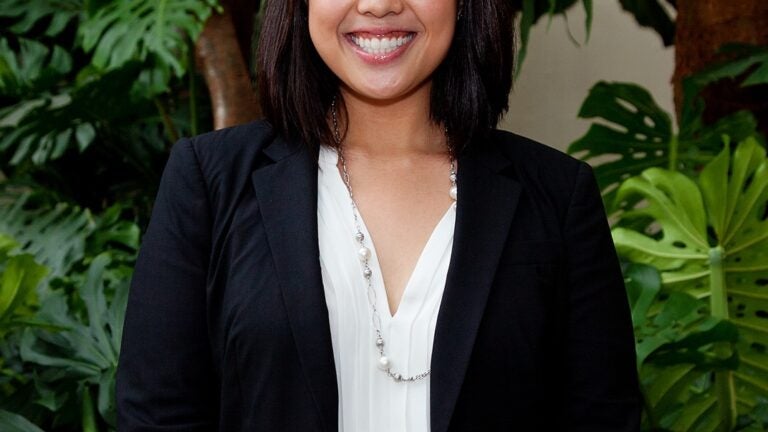
Ava Casados
Class of 2011, B.A. in Psychology & Fine Arts
Where have you worked and/or studied since you graduated from USC?
Immediately after graduation, I spent the summer participating in Dr. Steven Lopez’s Latino Mental Health Research Training Program in Puebla, Mexico. Upon returning to Los Angeles, I had the pleasure of working with Dr. JoAnn Farver for two post-graduate years. I am now a doctoral student in Clinical Psychology at Yale University.
What was the most beneficial thing you did as a student at USC to prepare you for post-graduation?
One of the best things I ever did was to connect with Dr. Farver and Dr. Lopez. They both ended up being huge influences in my life, and their mentorship and support had a lot to do with where I am today. I would encourage any undergraduate – regardless of their field of study or career objectives – to connect with the professors who inspire or motivate them, and build relationships with those individuals. It is a rare opportunity to have such easy access to so many bright and interesting people, and I cannot stress enough the benefits that can be had from availing yourself of their knowledge.
What course did you enjoy the most?
One of my favorite classes was an advanced drawing course taught by Chris Barnard. This course challenged me intellectually in a way that you hope great college courses would – pushing me to re-evaluate my own passions and beliefs, and forcing me to consider more deeply the impact I wanted to make with my work, both as an artist and as a psychologist. The lessons I learned in this course extended well beyond the subject of drawing, and continue to influence my approach to clinical research.
If you were an undergraduate again, is there anything that you would do differently?
I wish I could have participated in the psychology honors program. As a double major, it did not seem feasible to complete the honors program track within my four years at USC, but getting an earlier start with independent research would have been valuable to me.Jenna Tomei
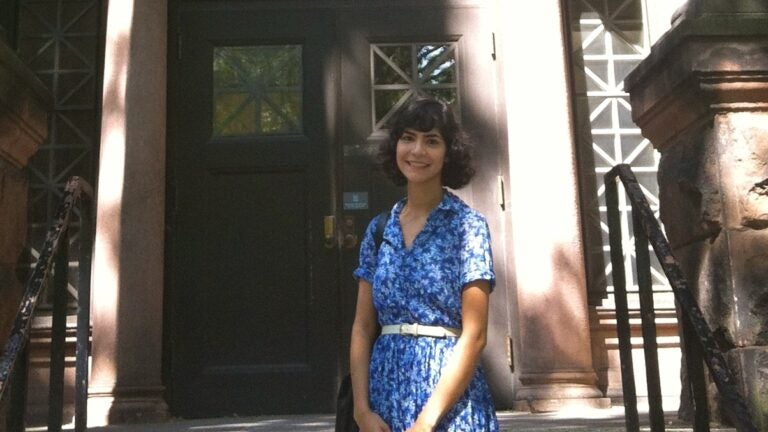
Jenna Tomei
Class of 2009: B.A. in Psychology with Minor in Psychology and Law
Where have you worked and/or studied since you graduated from USC?
After graduating from USC, I attended California State University, Fullerton and received a Master of Science degree in Clinical Psychology. During my master’s program, I worked at a clinical and forensic neuropsychology private practice, Armando de Armas, Ph.D., Inc. I also worked as a marriage and family therapist trainee at Helpline Youth Counseling. As a therapist trainee, I provided therapeutic services to youth and families where child abuse had occurred. After receiving my masters, I was accepted into the doctoral program at Sam Houston State University in Texas, where I am currently working towards my Ph.D. in clinical psychology, with an emphasis in forensics. As part of the program, I am working for the Psychological Services Center, a community clinic where I conduct therapy, forensic assessments for the courts, and assessments for disability services. I also work in several research labs with a focus on diversity and the law, trial consultation, competence to stand trial, and mental health and physical activity. I have also had the opportunity to work as a trial consultant in Houston within the civil law arena.
What was the most beneficial thing you did as a student at USC to prepare you for post-graduation?
As someone who has had to write a thesis and is currently working on a dissertation, being a part of the Psychology Honors Program at USC was an invaluable experience. I learned how to develop a project idea from the literature, collect data, analyze results, and present them at the USC Undergraduate Research Symposium. After learning what it takes to see a project through from start to finish, I felt much more equipped to take on the types of projects I have faced as a graduate student.
What course did you enjoy the most?
Taking Forensic Psychology as a student really solidified that I wanted to pursue this area of study. After taking the course and getting involved in practical applications, I discovered that I wished to be an expert witness for the court system, conducting assessments for competence to stand trial, sanity, risk, etc.
If you were an undergraduate again, is there anything that you would do differently?
I got involved in Dr. Thomas Lyon’s research lab (out of the Gould School of Law) when I was a junior at USC and I got to be a part of some really interesting studies about child witnesses. However, I wish I had gotten involved in research earlier, so that I could have been a more active member of the lab and garnered some publications out of my work.
Have you won any awards, accolades, etc. after you graduated from USC?
I have presented my research at several national conferences and currently have two first-author papers under review for publication. Presented paper titled “Parent-Adolescent Discrepancies of Parental Monitoring and Adolescent Delinquency” at the annual meeting of the American Psychology-Law Society in New Orleans, LA. Presented “The Juvenile Adjudicative Competence Interview (JACI): Current Usage in Juvenile Competence to Stand Trial Evaluations” at the annual American Psychology-Law Society conference in Portland, OR. Published research titled “The Juvenile Adjudicative Competence Interview (JACI): Current Usage in Juvenile Competence to Stand Trial Evaluations” in the Journal of Knowledge and Best Practices in Juvenile Justice and Psychology. Published research titled “Perceived Credibility of Character Witnesses: Implications for Trial Consultation” in The Journal of Forensic Psychology Practice.
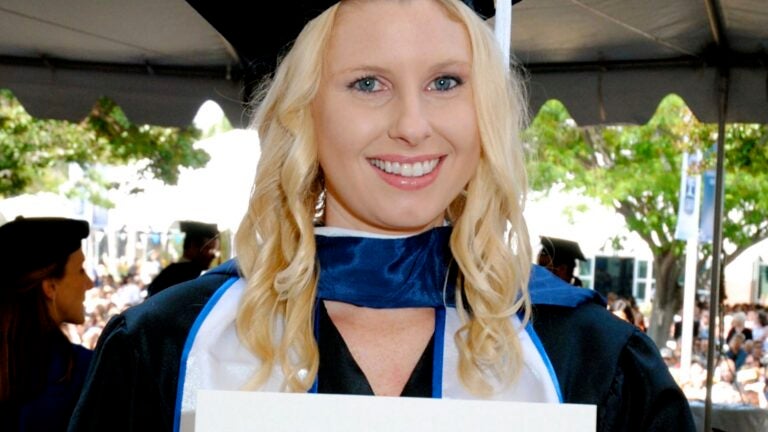
Paul Jansson
Class of 2009, B.A. in Psychology, with Minors in Musical Studies and Critical Approaches to Leadership
Where have you worked and/or studied since you graduated from USC?
After graduating from USC, I enrolled in a post-baccalaureate, pre-medical certificate program at Northwestern University. While completing my post-bac, I worked as an EMT in the Emergency Department of Evanston Hospital and also as a simulation specialist and project manager in the medical simulation lab at the Northwestern University Feinberg School of Medicine. In 2011, I entered the MD/MS dual degree program at Feinberg, earning my M.S. in Healthcare Quality and Patient Safety in 2013 and my medical degree in 2015.
What was the most beneficial thing you did as a student at USC to prepare you for post-graduation?
The research methods that I learned as a psychology major at USC gave me more insight into conducting and analyzing research than most of my peers in more traditional pre-med tracks and helped prepare me for a career as a physician. Having a leadership role in independent research so early in my academic career as a part of the honors program set me apart from my peers when applying to medical school.
4. What course did you enjoy the most?
The two courses that I enjoyed the most at USC were MDA 365, the interdisciplinary leadership course taught by former USC President Steven Sample and leadership scholar Warren Bennis, and the honors program in psychology with Dr. Farver.
5. If you were an undergraduate again, is there anything that you would do differently?
Probably not! USC had so many opportunities to offer that I had a fantastic undergraduate experience!
6. Have you won any awards, accolades, etc. after you graduated from USC? (these can be any awards in academia, in your work place, in your community, etc.)
I was honored to be named the graduation speaker for my master’s degree program, and I recently conducted research that was awarded first place at Northwestern’s 2014 Research Day. I have also presented and published research at national medical society meetings and in a major academic journal.
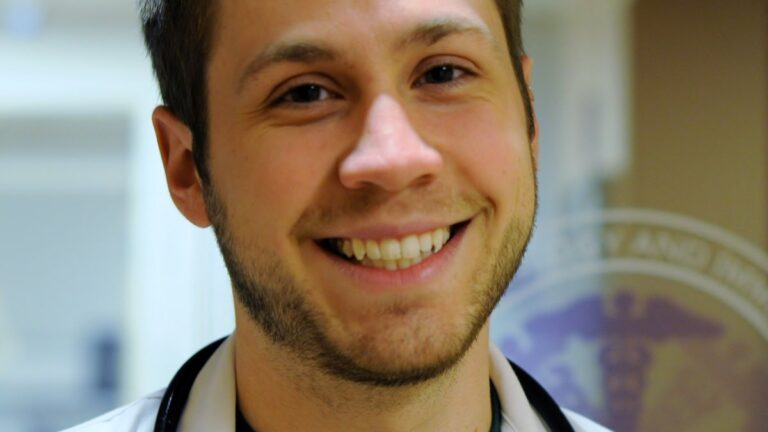
Sonia Narang
Class of 1998, B.A. in Psychology
Where have you worked and/or studied since you graduated from USC?
After USC, I attended Teacher’s College Columbia University for my graduate degree in Organization Behavior. I spent about five years living in Manhattan and working for the Organization Development group at American Express. I returned home to sunny Los Angeles in 2005 and worked for the ABC Disney Television Group. After two years I moved to our London office for six months. In 2009, I moved over to the West Side and joined Sony Pictures Entertainment. I recently completed my degree as an executive coach from Fielding University in Santa Barbara.
What was the most beneficial thing you did as a student at USC to prepare you for post-graduation?
The Undergraduate Research Psychology program was the most enriching experience at USC. Developing a research project from inception to execution was exhilarating and terrifying. Research projects don’t always go as planned and that sums up life. USC was a great training ground for managing my own large scale change projects with Amex, Disney, and Sony.
What course did you enjoy the most?
My favorite course was Developmental Psychology with Dr. JoAnn Farver. It was the first time I heard about Daniel Goleman’s research on Emotional Intelligence and adult development. Both of these were key in helping me in my role as an Organization Development consultant.
If you were an undergraduate again, is there anything that you would do differently?
I would have done a semester abroad. Moving to New York and working for global companies that sent me to different countries was such an incredible experience and gift. I was a bit timid to travel as an undergraduate and now I can’t get enough of it.
Have you won any awards, accolades, etc. after you graduated from USC?
Dr. Farver and I published our research findings from my honors project in the Journal of Family Psychology. Recently, I won the Compass Award that our parent company Sony Corporation awards for world class excellence in Human Resources. I built a curriculum with our top digital executives called Decoding Digital. We leveraged a leader teacher model where our executives taught employees about the digital trends impacting the entertainment business. Our last module included external speakers from Intel, Microsoft and Professor McDowell from USC School of Cinema.
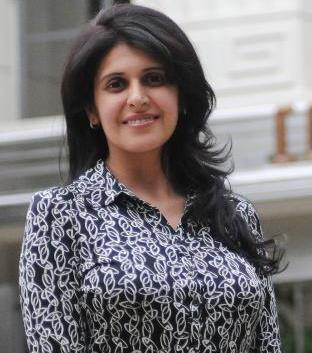
Markisha K. Lea
Class of 2008, B.A. in Social Science, Psychology & American Studies and Ethnicity
Where have you worked and/or studied since you graduated from USC?
USC Dornsife College Advising Office as an academic advisor for undecided/undeclared students, specifically with those who are student athletes.
What was the most beneficial thing you did as a student at USC to prepare you for post-graduation?
Going to the career center to create a resume and interning at my current office (Office of College Advising). As a student athlete on the Women’s Basketball team, it was important for me to develop relationships with professors, staff members, and alumni around campus.
What course did you enjoy the most?
I had a few favorite courses: ANTH 371, PSYC 463, PSYC 360 and CTCS 466.
If you were an undergraduate again, is there anything that you would do differently?
Definitely–I would have tried a little bit harder in my major classes, gone to more office hours and taken advantage of more resources on campus; not just ones offered through athletics. Also, I would have taken OT 250 and possibly minored in OT.
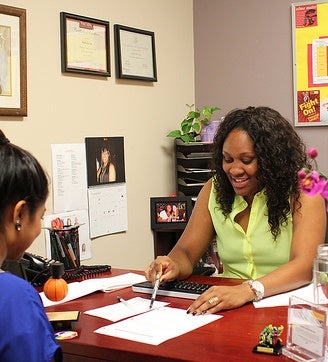
Ian Farwell
Class of 2010, B.A. in Psychology
Where have you worked and/or studied since you graduated from USC?
After USC, I completed my first MS in Gerontology at USC, and then went on to earn my second MS in Social Work from Columbia University in New York City.
I am currently a BBS Registered Associate Social Worker & NAPG Certified Professional Gerontologist. I serve as a Medical Social Worker at Satellite Healthcare (a non-profit healthcare provider dialysis services to patient with End Stage Renal Disease), and also spend time with a Los Angeles based Hospice and Home Health agency.
My past experience includes time spent in Long Term Care, Hospice, Adult Day Health Care, Home Health, Assertive Community Treatment (ACT), Case Management, and Research. Moreover, I have worked with individuals and families facing chronic and temporary homelessness, physical and behavioral health concerns, and end-of-life issues and challenges.
My formal research experience includes time spent at Mount Sinai School of Medicine in the Department of Neurology as an Associate Researcher. Under the direction of Dr. Kristina Simonyan, I contributed to investigative work in an fMRI lab attempting to better understand a rare disorder called Spasmodic Dysphonia.
What was the most beneficial thing you did as a student at USC to prepare you for post-graduation?
The most beneficial preparation during my time at USC was working toward developing my academic and professional writing skills. Such writing skills were the cornerstone of both my graduate studies and later my professional career. Completing a BA in Psychology at USC changed my life forever, and has remained the centerpiece of what drives and motivates my desire to better understand marginalized communities facing behavioral and physical health challenges.
What course did you enjoy the most?
I enjoyed Social Psychology and Learning & Memory. Also, outside of Psychology, I enjoyed my Religion and Ethical Issues courses, Astronomy/Astrophysics, and two elective courses in the world-renowned film school. There is no better place than USC to study a wide range of fields as an undergraduate. Also, the small classrooms allowed for a close intimate environment of learning, educational advancement, and support.
If you were an undergraduate again, is there anything that you would do differently?
I couldn’t be happier with the way my education and career trajectory played out. However, if I would change one thing, I would have spent more time volunteering in labs to gain valuable research experience. I waited until I started my graduate career to get involved with fMRI research, which made me realize that I had missed out on being more of a part of the amazing research being conducted at USC.
Have you won any awards, accolades, etc. after you graduated from USC?
Columbia University School of Social Work Scholarship
Dr. James Aloysius Gibson ‘73SW and Patricia Bronzinsky Scholarship
Davis Endowed Outstanding Student Scholarship
ELAC Psychology Academic Achievement Award & Scholarship
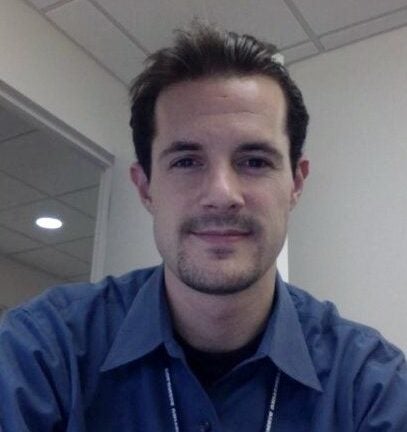
Dr. Rosa Toro
Class of 2003, B.A. in Psychology
Where have you worked and/or studied since you graduated from USC?
2003-2005: Research assistant with Dr. Farver
2005-2010: Graduate Student at UC, Riverside
2011-2013: Postdoctoral Research Associate for the MacArthur Network on How housing Matters for Families with Children, Tufts University, Boston, MA
2013-present: Assistant Professor, CSU, Fresno
What was the most beneficial thing you did as a student at USC to prepare you for post-graduation?
Without a doubt I can identify two equally important factors that contributed to my post-graduation activities. The first was the relevant course work that I took while at USC. Specifically, Developmental Psychology (taught by Dr. Manis) and Children’s Social Development (taught by Dr. Farver). Both of these courses highlighted that my future career activities would involve, in one way or another, the study of children’s development. The other factor is the research experience I gained as an undergraduate student in Dr. Farver’s Emergent Literacy Lab. This experience expanded by research repertoire and expertise in terms of the intricacies of on-field data collection as well as the procedures involving data analysis.
What course did you enjoy the most?
Children’s Social Development
If you were an undergraduate again, is there anything that you would do differently?
No
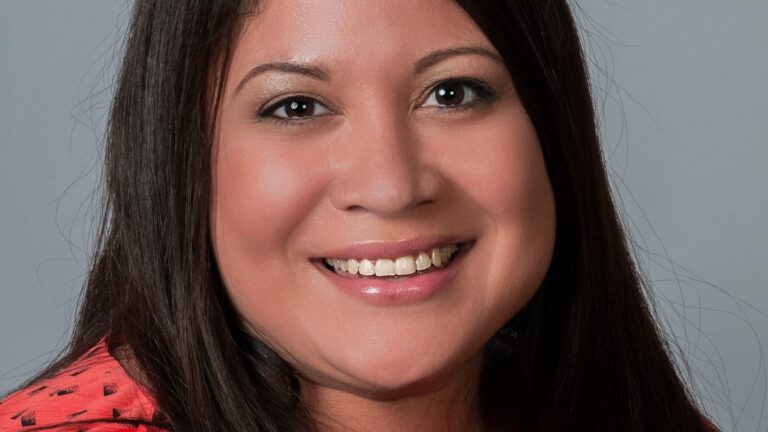
Katherine Collison
Class of 2013, B.A. in Psychology with Minor in Economics
Where have you worked and/or studied since you graduated from USC?
After graduation I began working half-time at USC Keck School of Medicine in their Preventive Medicine department, and half-time at Cedars Sinai Medical Center in their Psychiatry department. I serve as a research staff member for both. In fall 2015, I will be starting a Ph.D. program in Clinical Psychology at Purdue University.
What was the most beneficial thing you did as a student at USC to prepare you for post-graduation?
Talking to professors whose classes I liked was really helpful! They gave me a lot of career/school advice during office hours and helped steer me towards research opportunities, which is very important if you want a career in psychology. I also was pushed by a professor to apply for the Provost research fellowship and found that it was not only a fantastic training experience in independent research, but that graduate schools really liked seeing that kind of experience on my CV.
What course did you enjoy the most?
Developmental Psychology with Frank Manis was such a fun and informative class. That is definitely the class I remember the most from! I also really enjoyed my Abnormal Psychology class; it confirmed for me that I want to work in the clinical setting.
If you were an undergraduate again, is there anything that you would do differently?
I chose to minor in something because I thought I was slacking just having one major, so I chose a minor that wasn’t right for me purely because it didn’t require too many units. I would have been a lot better off just taking more psych classes and other courses that interested me.
Have you won any awards, accolades, etc. after you graduated from USC?
Since graduating, I’ve had the opportunity to co-author papers in Addictive Behaviors and Annals of Clinical Psychiatry on new trends in substance use among young adults. I’ve also presented work at USC Keck School of Medicine’s Psychiatry Grand Rounds and contributed to studies that were presented at two national conferences.
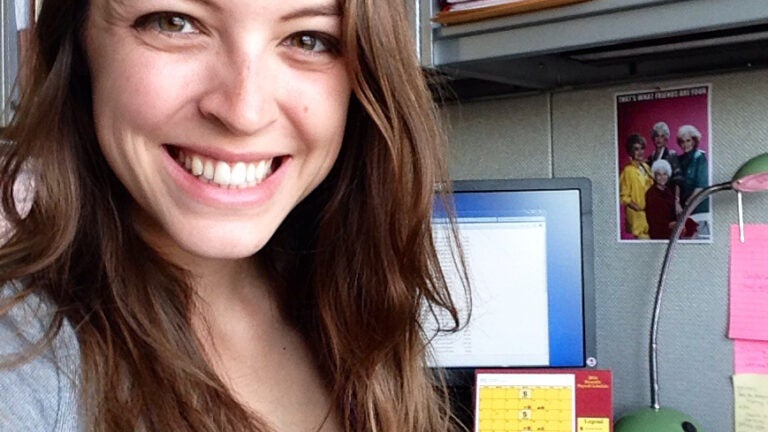
Alison Walensky
Class of 2013, B.A. in Psychology
Where have you worked and/or studied since you graduated from USC?
I am currently a Teach For America corps member in Brooklyn, NY. I work at Empower Charter School as a 4th grade teacher. I am also getting my MSE in Special Education Grades 1-6 at Brooklyn College.
What was the most beneficial thing you did as a student at USC to prepare you for post-graduation?
The most beneficial thing I did as a student was internalize the psychological studies I learned about in my classes. Many studies mentioned in class or textbooks has helped me work well with people in the real world. Having a background knowledge of psychology has also helped me with my students. I was able to identify red flags for dyslexia, ADHD, and an eating disorder and direct those students to the proper adults in the building for help and guidance.
What course did you enjoy the most?
One of my favorite courses at USC was Animal Behavior. It ties many areas of psychology together and created more questions than it answered. Students were encouraged to push their thinking and draw their own conclusions about findings in the field.
If you were an undergraduate again, is there anything that you would do differently?
I would have started both of my majors my first semester and planned out my courses more specifically. There are so many classes I wish I could have taken at USC, but in the end I didn’t have the time or the schedule to explore everything because of work and extracurricular activities.
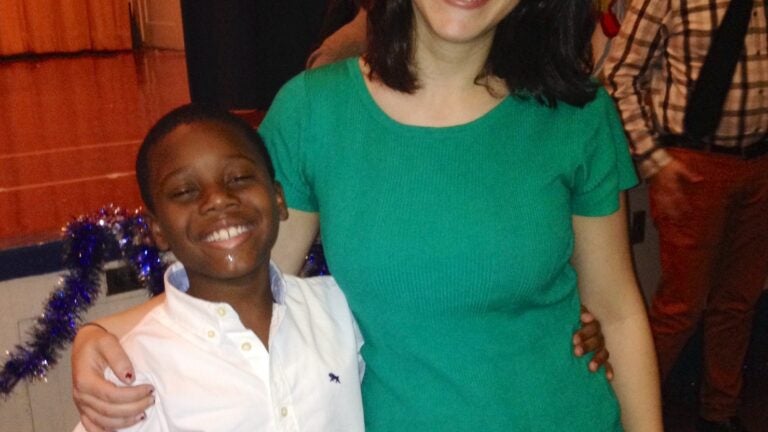
Joanna Yau
Class of 2012: B.A. in Psychology
Where have you worked and/or studied since you graduated from USC?
I am a first year Ph.D. student at UC Irvine’s School of Education, specializing in Language, Literacy, and Technology. My research interests include academic vocabulary development, second language acquisition, and technology use in the classroom.
What was the most beneficial thing you did as a student at USC to prepare you for post-graduation?
The honors program! The experiences I gained from writing a literature review, all the way to presenting my findings at a conference, gave me a leg up in the current classes and projects I am working on. Also, my research experiences prior to the honors program were primarily data entry work, so it was exciting to be able to formulate my own research questions and to conduct my own analyses.
What course did you enjoy the most?
Introduction to Forensic Psychology
If you were an undergraduate again, is there anything that you would do differently?
I would’ve taken the opportunity to meet more professors and to learn about their work. Even if you find out that their work isn’t something you’re interested in, they can point you to others whose interests are better aligned with yours.
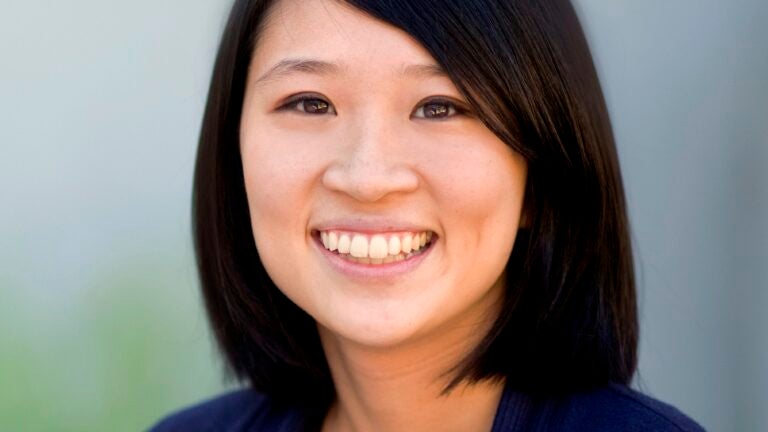
Claire Battis
Class of 2013, BA in Psychology with Minor in Environmental Studies
Where have you worked and/or studied since you graduated from USC?
After I graduated USC, I started working at “FirstSteps for Kids” in Hermosa Beach. As an instructor, I implement one-on-one behavioral interventions for children with autism and related developmental, behavioral and emotional issues. In addition, I serve as an instructional aide for my clients in school, and provide parent training.
What was the most beneficial thing you did as a student at USC to prepare you for post-graduation?
Getting involved in faculty research not only gave me valuable experience in the field, but allowed me to connect with professors, staff, and other psychology students who could share advice on graduate degree and career possibilities. As a majority of my course load was comprised of large lectures, it was difficult for me to establish relationships with teachers, but the professors with whom I did research with became invaluable adivsors and role models. In addition, I took PSYC-391 “Directed Field Experience in Psychology” my senior year, which further inspired me to get involved in the clinical aspect of psychology and pursue a career in mental health.
What course did you enjoy the most?
Besides PSYC-391, which allowed me to intern at a mental health agency, I really enjoyed PSYC-456, Conservation Psychology. This innovative class, led by Dr. Viviane Seyranian, combined elements of persuasion, ethics, psychological theory and research methods to understand society’s relationship with the environment. I loved that the class incorporated two fields I love, in addition to being discussion driven, intimate, and very interactive. During one class, we actually conducted Asch’s Elevator Experiment on unsuspecting students in Kaprielian!
If you were an undergraduate again, is there anything that you would do differently?
Without a doubt, I wish I had applied to the Psychology Department’s Honors Program. I didn’t really know much about it until my junior year when I had already set my sights on studying abroad in the spring. However, if I had known it would pose a conflict, I would have adjusted my schedule beforehand. Not many people without a PhD can say they designed and conducted their own research project, so I think the program offers a unique opportunity even for students who aren’t considering grad school.
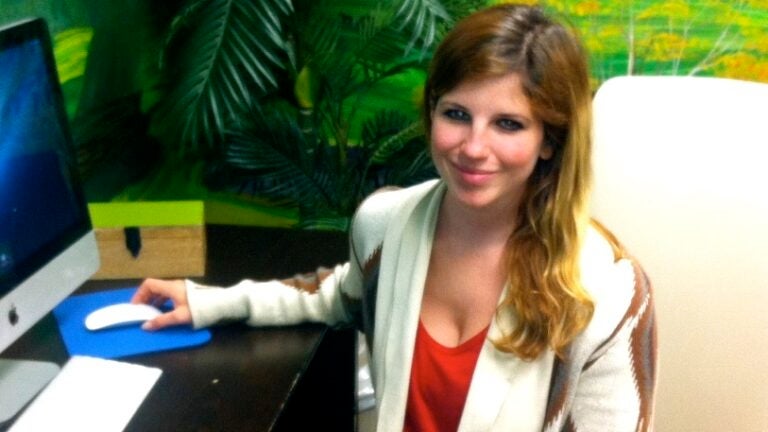
Andrew Choi
Class of 2011: B.A. in Psychology
Where have you worked and/or studied since you graduated from USC?
Following graduation, I worked as an analyst at Berkeley Research Group, an economic and litigation consulting firm. I then spent two years working as a market research analyst at SmithGeiger, a boutique media and entertainment consulting firm. Currently, I am working as a data analyst at Kaiser Permanente.
What was the most beneficial thing you did as a student at USC to prepare you for post-graduation?
The most beneficial thing I did as a student was get work experience. Doing so allowed me to discover what interested me professionally and provided many future opportunities that I otherwise would not have had.
What course did you enjoy the most?
My favorite course as an undergraduate was Abnormal Psychology.
If you were an undergraduate again, is there anything that you would do differently?
I would have gotten more involved with the many volunteer and community outreach programs USC participates in.
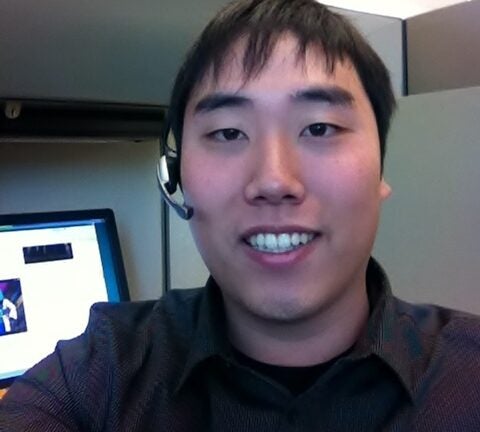
Katie Jackson
Class of 2005, B.A. in Psychology
Where have you worked and/or studied since you graduated from USC?
After graduating in 2005, I worked as a Research Assistant for WPS, a publisher of psychological and educational assessments. I then decided to go back to USC and pursue dual degrees, earning my Masters in both Social Work and Urban Planning. While fulfilling internship requirements, I worked at Dorothy Kirby Center, a juvenile detention and mental health facility, as well the American Federation of State, County, and Municipal Employees, District 36. Additionally, I spent some time working with the Los Angeles Mayor’s Office of Gang Reduction and Youth Development, before returning to WPS as their Research Coordinator. I also work with local nonprofit organizations, helping them with program development and outcome measurement evaluation.
What was the most beneficial thing you did as a student at USC to prepare you for post-graduation?
I found it highly beneficial participating in the Psychology Honors Program and beginning to build professional networks. The Honors Program enhanced my research, writing, and attention to detail skills, which have helped me thrive in my career. That experience also prepared me for great success in graduate school. Meeting and connecting with professors and graduate students while I was at USC allowed me to build my professional contacts; when I needed to discuss job opportunities, get advice regarding graduate school, and request recommendations I had great people to go to.
What course did you enjoy the most?
One class that has always stuck in my mind was Motivated Behaviors. I liked learning about biology and our body chemistry and how those affected psychology and how we feel and act.
If you were an undergraduate again, is there anything that you would do differently?
If I had the opportunity, I would double major with Psychology and either Political Science or Sociology or Business.
Have you won any awards, accolades, etc. after you graduated from USC?
USC School of Policy, Planning and Development Dean’s Scholarship recipient (2009-2012)
USC School of Social Work Scholarship recipient (2009-2010)
USC School of Social Work Dean’s Scholar (2009-2011)
USC School of Social Work Arlien Johnson Scholarship recipient (2010-2011)
Phi Kappa Phi Honor Society Inductee (2011)
WPS Employee Spotlight, (November 2013)
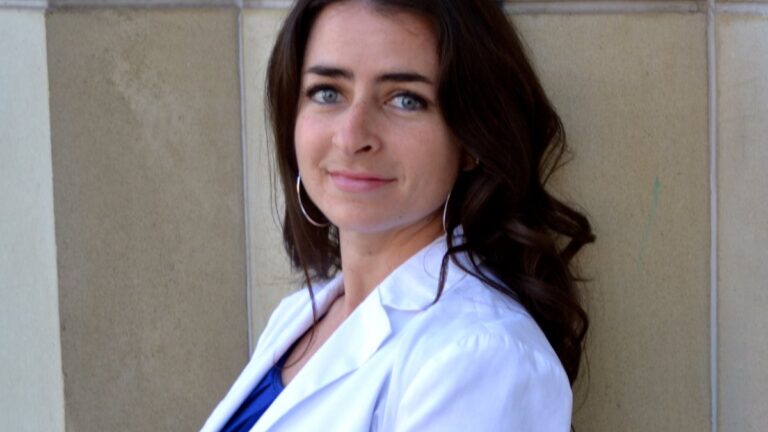
Dr. Jennie Tuazon
Class of 2005: B.A. in Psychology
Where have you worked and/or studied since you graduated from USC?
In the year between graduation from USC and entrance into medical school, I worked at a health clinic in Los Angeles County. I graduated with an M.D. from the University of Illinois at Chicago College of Medicine in May 2010. I will be completing my general adult psychiatry residency at the University of Maryland/Sheppard Pratt in May 2014 and will return to the USC Institute of Psychiatry, Law, and Behavioral Science at the Keck School of Medicine in July 2014 to complete a one-year fellowship in Forensic Psychiatry.
What was the most beneficial thing you did as a student at USC to prepare you for post-graduation?
Participating in the Psychology Honors Program with Dr. Farver. The skills I learned during the program–from an examination of the scientific method to the review of research design and eventual creation of an independent research thesis with the aid of faculty advisers and my fellow peers–are ones I continue to utilize in my career in medicine. It was also an amazing academic community where I experienced what it meant to critically discuss research and to work collaboratively with people with a passion for psychology.
What course did you enjoy the most?
My favorite courses were abnormal psychology and forensic psychology, both of which influenced my current career path.
If you were an undergraduate again, is there anything that you would do differently?
If I could do it over again, I would participate in a semester abroad.
Have you won any awards, accolades, etc. after you graduated from USC?
I was awarded the David Mortimer Olkon Award for the most outstanding student in Psychiatry, Neurology, and Neurosurgery at the University of Illinois at Chicago College of Medicine commencement for the Class of 2010. I am also currently serving as the Chief Resident of Sheppard Pratt.
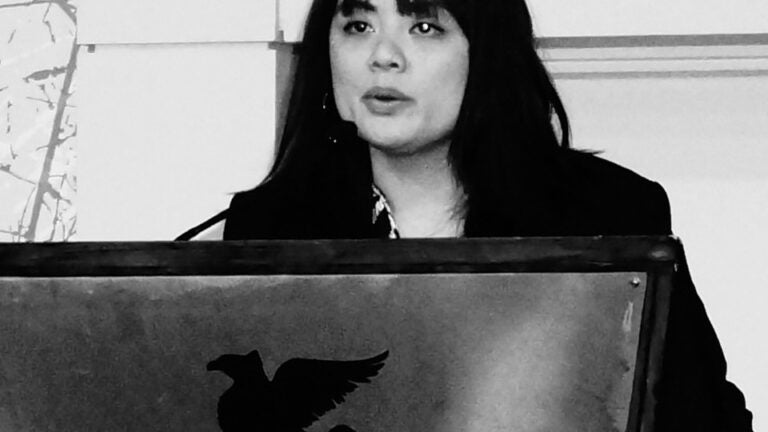
Kevin Stanek
Class of 2009, B.A. in Psychology & Economics
Where have you worked and/or studied since you graduated from USC?
Doctoral student of psychology (behavior genetics, individual differences, and industrial/organizational psychology) at the University of Minnesota-Twin Cities; consulted in human capital management for various companies and start-ups, interned at Korn/Ferry (executive search firm) and Gilead Sciences (biotech company).
What was the most beneficial thing you did as a student at USC to prepare you for post-graduation?
Participated in a research lab and wrote an honors paper. Without my research experience and the support of my faculty supervisor there is no way I would have gotten into such a great graduate program. The second most beneficial thing to prepare for life post-graduation was join the rowing team; it forged my persistence, increased my fitness, and built my network.
What course did you enjoy the most?
Learning and memory with Dr. Lavond. When I taught my own course last year I even called him for tips on how to structure the course and material to maximize student learning (e.g., weekly quizzes rather than bi-monthly exams). I think the principles of behaviorism are a great frame for viewing the world, and they are also likely the strongest, manipulable drivers of behavior.
If you were an undergraduate again, is there anything that you would do differently?
Talk to as many people as I could bear. USC has a lot of people who are doing/going to go on to do amazing things. Turn the other cheek to jerks, be confident in yourself, and strike up normal (i.e., non-creepy) conversations with the goal of genuinely getting to know/connect with people. There will be a lot of people you don’t/can’t connect with, but don’t let that discourage you.
Have you won any awards, accolades, etc. after you graduated from USC?
Some relatively small-scale graduate school fellowships, but ask me again in two years 😉
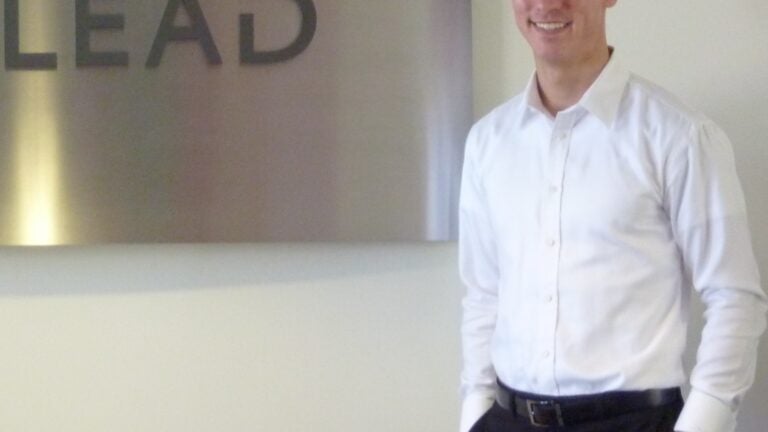
Esther Lo
Class of 2010, B.A. in Psychology & East Asian Languages and Cultures with Minor in Sociology
Where have you worked and/or studied since you graduated from USC?
I have since graduated from Columbia University School of Social Work 2012, and now work as a mental health coordinator at University Settlement Society of New York. My current project hopes to expand mental health services to older adult New York City residents.
What was the most beneficial thing you did as a student at USC to prepare you for post-graduation?
The most beneficial thing I did during USC was taking Dr. Farver’s honors class in Psychology. I was able to conduct my own research with Dr. Huey, on investigating and exploring effective psychotherapy treatments for Asian American college students who were going through depression. I was involved with recruiting my own research team to help in coding and analyzing the results.
What course did you enjoy the most?
Although I am a psychology major, I had enjoyed my sociology course work tremendously. I have seen many overlaps in Psychology and Sociology, the micro and macro levels of human behaviours and patterns. I find learning about the changing family systems in Sociology most beneficial, it is with my clinical background in Psychology and interest in broader social issues that led me to pursue a clinical degree in social work at Columbia and now working as a mental health coordinator in the New York community.
If you were an undergraduate again, is there anything that you would do differently?
Right now, I can’t think of anything I would change if I were to start undergrad all over again. I felt like I have made use of resources at USC fairly well. USC will always have a special space place in my heart, no other colleges have given me the same feelings.
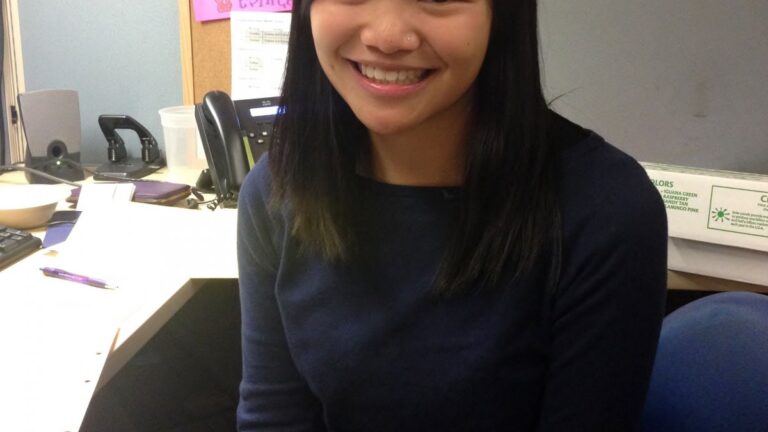
Julie Guerin
Class of 2012: B.A. in Psychology
Where have you worked and/or studied since you graduated from USC?
I attended University College London for the academic year following graduation from USC where I earned an MSc in Clinical Neuroscience. For my MSc dissertation, I used fMRI to investigate age difference in language processing between younger and older healthy adults. This project was part of the greater “Predicting Language Outcome and Recovery After Stroke (PLORAS” research project which aims to better understand aphasia. I am currently working at the Wellcome Trust Centre for Neuroimaging as a Research Assistant to my MSc supervisor, with the aims to continue my MSc project and eventually publish our work. I also contribute to the PLORAS team with patient recruitment and MRI scanning.
What was the most beneficial thing you did as a student at USC to prepare you for post-graduation?
The most beneficial thing I did as a student was learning how to think about applying the knowledge I was learning to the bigger picture of my field of interest. I think it’s common for undergraduates to focus so much on knowing facts and memorising concepts without keeping in mind what those facts and concepts mean in the greater picture of the field.
What course did you enjoy the most?
The courses I enjoyed the most were Principles of Neural Development because it was the single most challenging and thought-provking course that I took at USC. It changed the way I thought about and appreciated neuroscience. It didn’t have many students in the class when I took it which made it a very discussion-based course, which I loved. We had weekly journal club-like discussion sections which really made it feel like a postgraduate course.
If you were an undergraduate again, is there anything that you would do differently?
I would network a lot more with current USC PhD students and Professors to get a better insight into graduate school reality and into post-graduate options. I would review all my lecture notes in the evenings on the same day not to re-learn all the concepts I learned but to grasp the 1-5 major points/gists of the lectures. I’d take advantage of gaining as much experience as possible in programs or opportunities that matched my future prospects – for example, in my case I knew I wanted to eventually earn a PhD, so I volunteered to participate in several research projects. For someone interested in education, it would be beneficial to seek out tutoring opportunities and teaching assistant options.
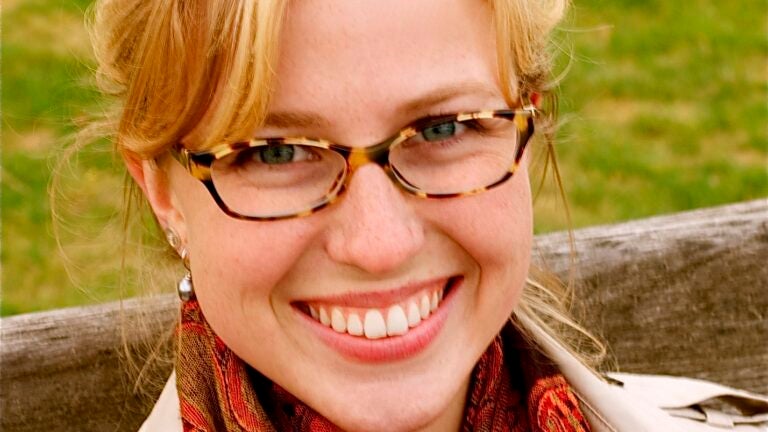
Julie Moffitt
Class of 2004, B.A. in Psychology with Minor in Jazz Studies
Where have you worked and/or studied since you graduated from USC?
First, I continued my undergraduate work at The USC Twin Project for a year. Afterwards, I spent 5 years writing, recording albums, and touring the country as a self-employed musician. I became the Midwest Regional Director of the International Championship of Collegiate A Cappella (ICCA). Eventually, I attended the University of Chicago, switched careers, and became a member of the Health Information and Management Systems Society (HIMSS). Today, I work for ForeLight, a biotech company I co-founded in 2009. We are currently going through our Series A raise and launching our first products on the market (we produce fluorescent dyes for life and material sciences use–primarily diagnostics and research).
What was the most beneficial thing you did as a student at USC to prepare you for post-graduation?
Learning to network and build relationships – regardless of the field I’ve been working in since graduation, contacts and relationships carry over and become mutually beneficial at odd times.
What course did you enjoy the most?
I barely remember the individual courses. After a decade, they start to blur together into a general approximation of “my college years.” But I learned the most legitimately useful life information from Dr. Walsh in his adult development course. I think the intention of that course was to interest students in geriatric care, but truthfully it was one of the few courses I’ve ever taken where I left feeling more capable of managing my own development. Not that I didn’t enjoy Statistics…
If you were an undergraduate again, is there anything that you would do differently?
Honestly? Just about everything. I would take a gap year before even becoming an undergraduate, travel and learn how to exist on my own, and think harder about what I REALLY wanted to do with my life before enrolling in any classes. I loved studying psychology, and I loved college at USC, but the student loan debt I racked up was part of a commitment I made to a career that I did not, in the end, really want to pursue, and I would love to go back and make more realistic and thoughtful decisions.
Have you won any awards, accolades, etc. after you graduated from USC?
I won several awards during my years performing full-time, including a top Blues Vocalist award at Milwaukee’s annual Summerfest and the 2007 FameCast Best Singer/Songwriter award. No Nobel Prize just yet.
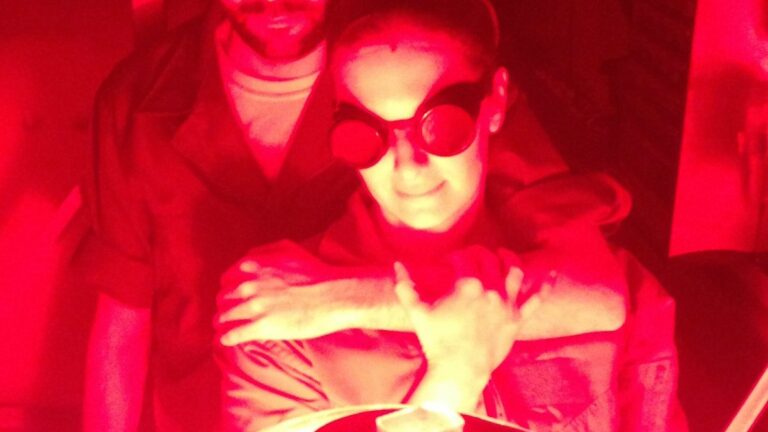
Yael Adef
Class of 2005, B.A. in Psychology & Political Science with Minor in French
Where have you worked and/or studied since you graduated from USC?
After graduating from USC, I attended Emory University where I obtained my JD in 2008. I practiced law at a national firm until early June 2011, when I left that position spent a month backpacking through Vietnam and Cambodia and returned to USC to pursue my MSW in late July. I am currently finishing up my MSW and interviewing for clinical social work positions, especially focusing on working with kids and families.
What was the most beneficial thing you did as a student at USC to prepare you for post-graduation?
Internships and research opportunities. These were the best experiences I had outside of the classroom that prepared me to think critically and work on a team, crucial skills in any work environment.
What course did you enjoy the most?
I don’t know if you still have this class but it was a psychology elective on drugs taught by Prof. Mitch Earleywine. It was amazing! I still use material from that class in working with clients (and it didn’t hurt that Prof. Earleywine practiced his standup with us).
If you were an undergraduate again, is there anything that you would do differently?
Be more involved than I was. As a current graduate student, I have been so fortunate to have been so involved and have gotten so much more out of my student experience than I thought possible.
Have you won any awards, accolades, etc. after you graduated from USC?
I was awarded a public interest scholarship in law school and have received several awards for academics and leadership as a graduate student. I was also honored to serve as the Graduate Student Body President last year.
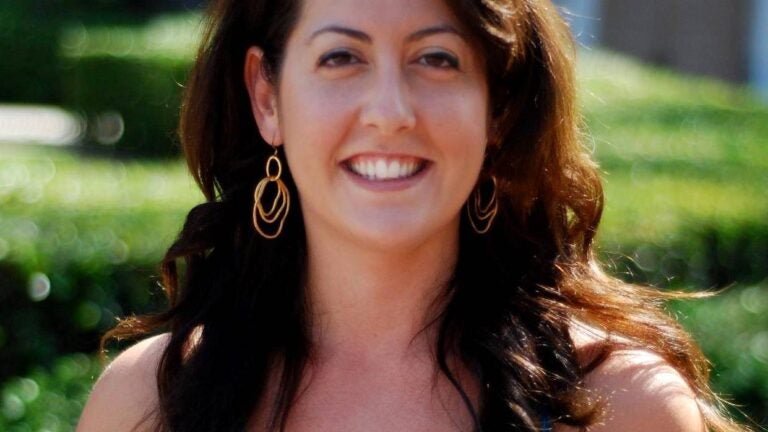
Irene Campos
Class of 2009, B.A. in Psychology & Spanish
Where have you worked and/or studied since you graduated from USC?
Since graduating from USC, I went on to pursue a dual Master’s degree at UCLA. I obtained my degrees in Social Work and Public Health and graduated in 2012. During my graduate studies, I completed internships at various community social service agencies, including Vista Del Mar (a non-public school), Venice Family Clinic, and F.A.C.T. (an agency focusing on providing services to individuals with autism spectrum disorders). Currently, I work at Tarzana Treatment Centers in the San Fernando Valley. I am a mental health therapist who provides individual therapy and case management services to individuals living with mental health conditions, like depression or anxiety, as well as with physical health issues and/or substance use issues.
What was the most beneficial thing you did as a student at USC to prepare you for post-graduation?
I believe the most important thing I did as a student at USC was take advantage of the interdisciplinary studies. When I first heard of this, I knew it would open me up to new experiences and also allow me to make the most of my time at USC. Pursuing a double major in Spanish helped build my language skills and give me confidence in speaking, writing, and reading in Spanish. Now, as a bilingual therapist I utilize these skills all the time, since I work primarily with a Spanish-speaking population.
What course did you enjoy the most?
The course I enjoyed the most would have to be my psychology honors course. My course instructor was also my research adviser, Dr. JoAnn Farver. This course was challenging, but I loved how our class was allowed to study and research topics that most interested us. I learned so many valuable skills in this class that came in handy later on in graduate school (e.g. how to analyze and interpret journal articles and how to develop a research thesis).
If you were an undergraduate again, is there anything that you would do differently?
There is really little I would change about my undergraduate experience at USC. If I had to choose, I would have liked to have taken up a work-study job within the psychology department sooner than I did. I had the wonderful opportunity to work at part of a team with Dr. Karen Hennigan and Dr. Kathy Kolnick in the USC Center for Research on Crime and Social Control at the start of my junior year. I really valued my experience working with this team because I got to learn and apply my research skills, and develop strong relationships with faculty members. Both Dr. Hennigan and Dr. Kolnick served as great role models for me…I just wish I would have met them sooner.
Have you won any awards, accolades, etc. after you graduated from USC?
I was awarded some fellowships during my graduate studies including the California Wellness Foundation Fellowship and also the UCLA graduate opportunity fellowship. I also received an employee recognition award at work for my productivity and commitment to serving our clients.
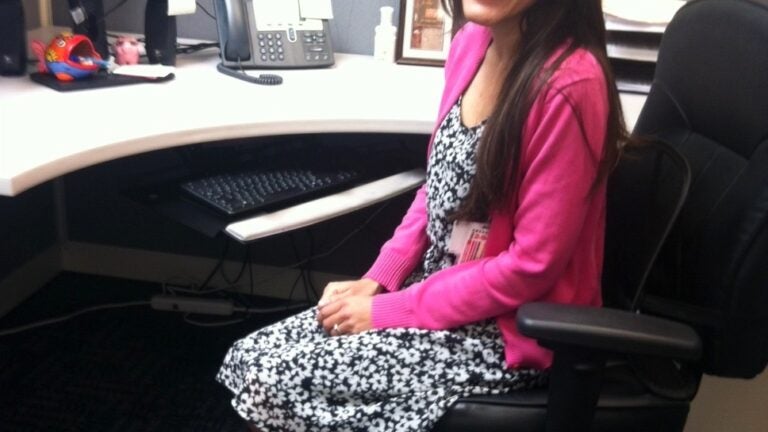
Shelly McArdle
Class of 2011, B.A. in Psychology
Where have you worked and/or studied since you graduated from USC?
Intern at WGBH in Boston
Freelance Production Assistant in the Entertainment Industry
Currently finishing the Master’s portion of an Organizational Studies degree in the Boston College Carroll School of Management and on the PhD track
What was the most beneficial thing you did as a student at USC to prepare you for post-graduation?
Enjoy the diversity that is USC – join clubs, get internships, study abroad, take random classes. The diversity of people and experiences prepared me for anything and allowed me to sculpt my own resume/future.
What course did you enjoy the most?
Interpersonal Relationships with Dr. Barone.
If you were an undergraduate again, is there anything that you would do differently?
I only studied abroad for 1 month, I would do it for an entire semester. I would also try to venture into LA more.
Have you won any awards, accolades, etc. after you graduated from USC?
Best Faculty Paper: “Every Day is a Learning Experience: Daily Emotion and Daily Learning and the Moderating Effects of Perceived Resources” with Spencer Harrison and Michael Pratt, Cognition in the Rough PDW, Academy of Management Conference, August 2012
Excellent Reviewer Award, MOC Division, Academy of Management Conference, August 2013
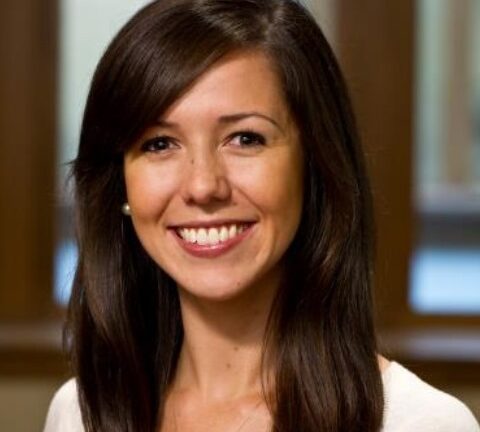
Belle Cheung
Class of 2012, B.A. in Psychology
Where have you worked and/or studied since you graduated from USC?
First, I earned my M.A. in Psychology at USC. Currently, I have been working as a Project Officer at The Open University of Hong Kong. My current job is to conduct projects that are under examination to enhance the quality of higher education and make strategies to meet pedagogical goals. I also provide support relating to meetings/seminars/conferences coordination, liaison and collaboration with external parties such as local and overseas institutions.
What was the most beneficial thing you did as a student at USC to prepare you for post-graduation?
I think the most beneficial thing I did was to start graduate level coursework early on. I think starting work at an early point always is beneficial to both the educator and learner, and has a profound impact on the student’s future. It is not mandatory to start independent research as an undergraduate, but the program at USC allows more flexibility for those who would like to achieve more and challenge themselves. As Benjamin Franklin said, “Tell me and I forget, teach me and I may remember, involve me and I learn.” After graduating from the program and my current job in the education field, I have decided that I want to go back to school and pursue a PhD.
What course did you enjoy the most?
While many psychology majors do not like to do math, I would like to say that I enjoyed my statistics and research methods classes the most, followed by developmental psychology and social psychology. Those research methods classes prepared me well for the job I am taking up now.
If you were an undergraduate again, is there anything that you would do differently?
If I were an undergraduate again, I would definitely like to double my major with neuroscience. That is another big area, which is closely related to psychology.
Have you won any awards, accolades, etc. after you graduated from USC?
There are certain requirements for psychologists or psychology people to join The Hong Kong Psychological Society (HKPS) which is one of the most influential and well-known psychology organizations in the world, but with my Master’s degree and recommendation letters from my two mentors, Dr. Manis and Dr. Farver, I got elected as a graduate member after graduation. It can be viewed as an accolade.
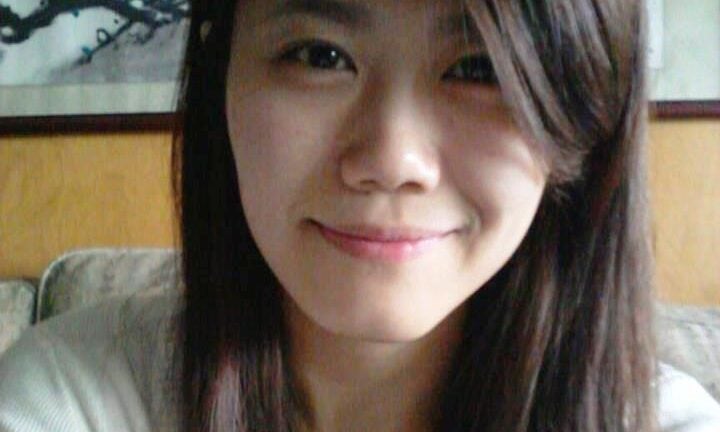
Promise McEntire
Class of 2006, B.A. in Psychology
Where have you worked and/or studied since you graduated from USC?
2006-2008: Peace Corps Volunteer in Bogo, Cameroon,
2010: Received my M.S. in Psychology at USC
2011: I did a stint in advertising for about a year, but the field didn’t fit well with my values.
2011-2012: I returned to USC to work for the Psychology Department’s Master’s program. I was hired as a part-time lecturer, ran the “Proseminar in Human Behavior” course, and also acted as the Program Manager. In my spare time, I started developing a health coaching business.
2012: I left USC to develop my health coaching business. I physically trained senior citizens in their homes, planned meals, and sold supplements and in-home workout programs as part of a network marketing venture.
2013-present: I finally left Los Angeles with my husband at the end of 2013. We are teaching English as a foreign language in Seoul, South Korea. I am still part of the network marketing venture.
What was the most beneficial thing you did as a student at USC to prepare you for post-graduation?
When I joined the Honors Program, I started seeking out mentors. Over time, I developed substantial relationships with them. I give these people a lot of credit, for helping me develop personally and professionally. They have also served as connections, having helped me build a powerful social network.
What course did you enjoy the most?
There were a lot of good ones, but I think it’s a toss-up between Dr. Richard John’s “Decision Analysis and Behavioral Decision Theory” and Dr. Miranda Barone’s “Group Dynamics”. These are two completely different courses, but they are both very practical.
If you were an undergraduate again, is there anything that you would do differently?
Yes — I would have gotten involved with professional and academic clubs/associations, and I would have gotten serious about my future a LOT earlier in my college career. I also would have sought out fellowships and gotten a job as a research assistant.
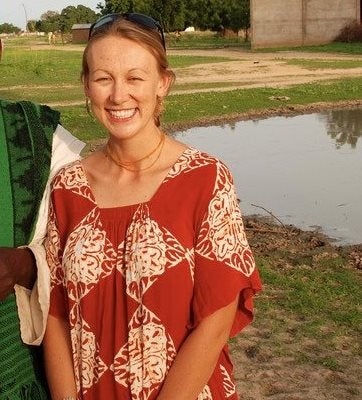
Amalia Donovan
Class of 2013, B.A. in Psychology with Minor in History
Where have you worked and/or studied since you graduated from USC?
I began graduate school at Northwestern after completing my degree at USC. I am pursuing an MA in Learning Sciences in the School of Education & Social Policy. My research focuses on how readers’ prior knowledge influences comprehension of historical information. After I complete my MA in August, I will be applying to PhD programs in Learning Sciences.
What was the most beneficial thing you did as a student at USC to prepare you for post-graduation?
The most beneficial experiences I had at USC include gaining research skills and domain knowledge in psychology relevant to my research interests.
What course did you enjoy the most?
The most beneficial class I took (and thus most enjoyable, in my opinion) was Developmental Psychology.
If you were an undergraduate again, is there anything that you would do differently?
Looking back on my undergraduate experience, I am pleased with how I spent my time. However, I would have benefitted from taking more statistics courses.
I am going to be presenting a research paper, Confronting Historical Misconceptions with Refutation Texts, at the Society for Text & Discourse conference next summer, for which I am the first author.
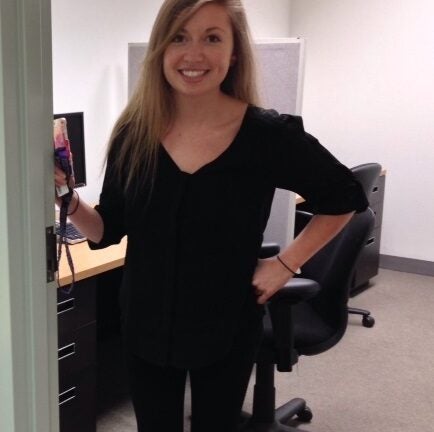
Christelle Williams
Class of 2012, B.A. in Psychology
Where have you worked and/or studied since you graduated from USC?
After graduating from USC, I worked as a Junior Editorial Research Analyst at Electronic Entertainment Design and Research (EEDAR), a video game market research company. I am currently a Data Analyst at Lnx Research, where I analyze medical and pharmaceutical industry data. Recently, I was accepted into USC Annenberg’s Master of Communication Management program for Summer 2014.
What was the most beneficial thing you did as a student at USC to prepare you for post-graduation?
Research! My research experience has opened up many opportunities for me. I started as a research assistant in Dr. Michael Dawson’s psychophysiology lab, and then I joined the Psychology Honors Program and the USC McNair Scholars Program. I had no idea you could conduct research on topics such as video games. My Honors Thesis, which focused on the psychophysiological effects of avatar customization and point of view, actually helped me to land a job in the video game industry! Furthermore, collecting and analyzing data from these research experiences have helped me to develop valuable skills necessary for my current job. I would highly recommend students to start seeking research opportunities as soon as possible.
What course did you enjoy the most?
I enjoyed Behavioral Neuroscience and Brain, Mind, and Machines: Topics in Neuroscience. I also loved Japanese II and III!
If you were an undergraduate again, is there anything that you would do differently?
As an undergraduate, I was so busy focusing on research and studying that I never had any time to participate in extracurricular activities. Also, if I didn’t have to commute, I would have explored Los Angeles a bit, too.
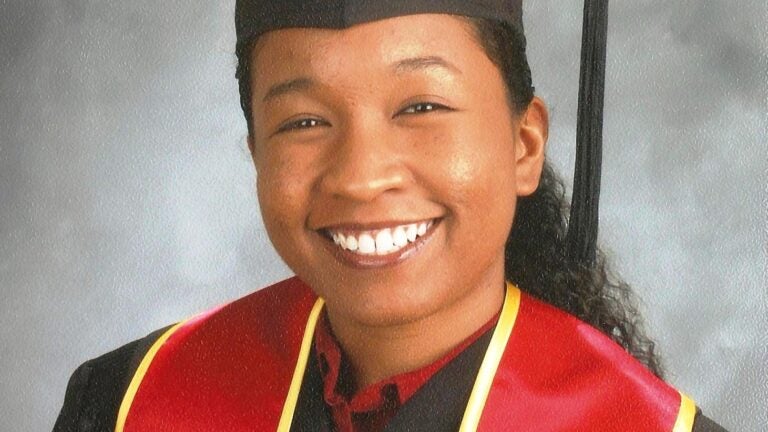
Vivian Tomkovicz
Class of 2011, B.A. in Psychology
Where have you worked and/or studied since you graduated from USC?
After I graduated, I moved back to my hometown of Iowa City, Iowa to pursue medical research. I work as a research assistant in the departments of Internal Medicine and Molecular Physiology and Biophysics at the University of Iowa, and my project focuses on cellular mechanisms underlying inherited hypertension. I have a wonderful boss and awesome coworkers, and I really love participating in research. I have also taken post baccalaureate pre-medical courses at the University of Iowa, and will be applying to medical school in the near future.
What was the most beneficial thing you did as a student at USC to prepare you for post-graduation?
My degree in Psychology really helped solidify my future career goals. I was lucky to find a job immediately after graduating, and I believe the research I did at USC during my undergraduate years contributed to that success. I had always been interested in neuropsychology, and during my junior year at USC, I actively pursued research in a neuropsychology lab. I worked with Dr. Hanna Damasio in the Dornsife Neuroscience Imaging Center as a research assistant for two years. My work at USC not only helped me realize I wanted to attend medical school, but also gave me substantial research experience. I contributed as a co-author to a journal article published in Aphasiology, as well as to a poster project which was presented at a Neurobiology conference. My mentors in the lab allowed me to work with independence, and opened doors to other opportunities: such as shadowing an epileptologist at LA County Hospital, attending neurology lab meetings at Children’s Hospital of Los Angeles, and observing neuropathology and radiology procedures. I could never fully express my gratitude to my mentors at USC—they truly were outstanding teachers and were always looking for ways to help me achieve my post-graduate goals.
What course did you enjoy the most?
It is very difficult to pick just one course as my favorite. I really enjoyed Introduction to Forensic Psychology with Professor Jasmine Tehrani because learning about the intersection of psychology and law was fascinating. I also enjoyed Songwriting with Chris Sampson because it was so different from any experience I expected to have at USC and provided a great creative outlet.
If you were an undergraduate again, is there anything that you would do differently?
If I could redo my undergraduate years, I would be more proactive early on in terms of getting to know professors, pursuing research, and making use of the career advising services provided by USC. I also might have considered earning a double major or minor in another appealing subject area, such as psychology and law or Spanish. I really wish I took an astronomy class, too!
Have you won any awards, accolades, etc. after you graduated from USC?
I earned the “Making a Difference Award” from the University of Iowa Hospitals and Clinics for my volunteer work on a surgical in-patient unit. I am also co-author on a journal article published in The Journal of Biological Chemistry, as well as co-author on another manuscript awaiting publication. In April 2014, I will attend the Experimental Biology Conference in San Diego to present my research project titled, “Differential Role of Epithelial Na+ Channel Lysines in Nedd4-2 Regulation.”
I have to give a shout out to my dad and my sister—two fellow Trojan alums! Fight on!
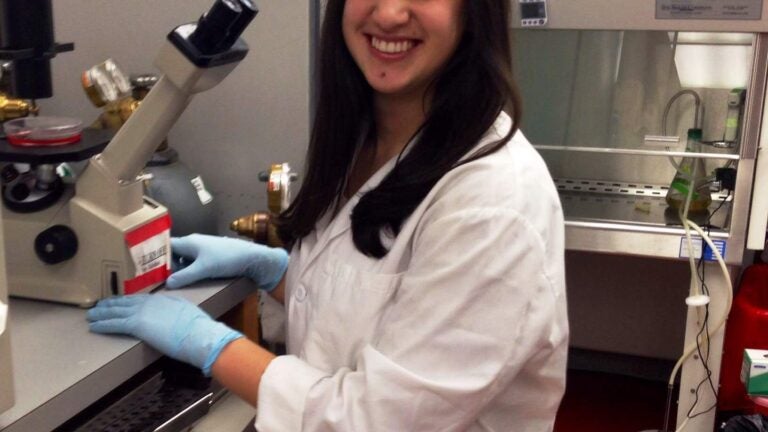
Ellis Beier
Class of 2010, B.A. in Psychology with Minor in Criminality and Forensics.
Where have you worked and/or studied since you graduated from USC?
I worked in Clinical Research at City of Hope in Duarte, CA working on a large federally funded research project examining the neuropsychological effects of breast cancer on post-menopausal women. I currently work for one of the largest and most effective providers of homeless services in the Silicon Valley and the San Francisco Peninsula. It’s called InnVision Shelter Network and you can check us out at ivsn.org. I write grants, help manage federal, state, and county contracts, and do a fair amount of project management for the organization.
What was the most beneficial thing you did as a student at USC to prepare you for post-graduation?
Given the responsibilities of my jobs since graduation, the most beneficial thing I did as an undergraduate was learn to write research papers. Being able to synthesize information from dense scientific journal articles has been absolutely essential to my various positions. Producing concise but specific language makes me a valuable employee, as more people than you’d expect struggle composing simple things.
What course did you enjoy the most?
In the psychology department, I truly enjoyed Dr. Frank Manis’ Children’s Cognitive Development and Language Acquisition (or something, I don’t think it’s offered anymore).
If you were an undergraduate again, is there anything that you would do differently?
I’d try and stay longer and take more classes, but more importantly I’d worry less about getting A’s and I’d actually GO TO OFFICE HOURS!
Have you won any awards, accolades, etc. after you graduated from USC?
The Grants Department (which is just me and one other person) was nominated for, and won, the Terrific Team Impact Award recognizing the outstanding results delivered by our collaborative efforts. This award was presented as part of our organization’s “Beyond the Job Recognition” during the most recent All Staff meeting.
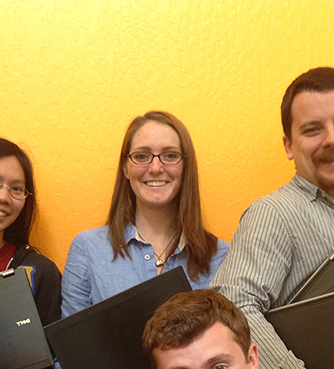
Tara Cohen
Class of 2013, B.A. in Psychology
Where have you worked and/or studied since you graduated from USC?
I am currently a Graduate Research Student in the Medical Human Factors Lab at Embry-Riddle Aeronautical University in Daytona Beach, FL. I am working towards earning my PhD in Human Factors.
What was the most beneficial thing you did as a student at USC to prepare you for post-graduation?
I took challenging courses that would be applicable to a PhD program in Human Factors and I reached out to the professors at USC to ask for advice during the grad-school application process.
What course did you enjoy the most?
Sensation and Perception
If you were an undergraduate again, is there anything that you would do differently?
I would have tried to become more active in research from the beginning of my undergraduate career. I have found that it is difficult to know exactly what you want to do until you get out there and try it. Participating in research is one of the best ways to get involved in psychology.
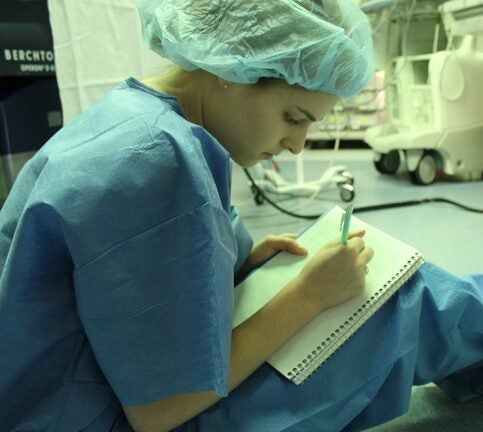
Robert Rosencrans
Class of 2013, B.A. in Psychology with Honors
Where have you worked and/or studied since you graduated from USC?
Research Associate; Louisiana State University Medical School, Neuroscience Center of Excellence Student; Neuroscience School of Advanced Studies Student; Tulane University Volunteer; Audubon Center for Research on Endangered Species
What was the most beneficial thing you did as a student at USC to prepare you for post-graduation?
I learned something about computers. Even if you can only code in HTML, it impresses people and shrinks your ignorance of something you use every day (the world wide web).
What course did you enjoy the most?
Developmental Psychology, Minority Mental Health, and Conservation Psychology all sent me spinning into new areas of interest.
If you were an undergraduate again, is there anything that you would do differently?
I was on track to graduate with my BA in Psychology and Comparative Literature. At some point during the spring of junior year, I realized I knew very little about the human brain, but enjoyed using mine quite a bit. Ignorance is to be resisted and erased if at all possible, and so I managed a minor in Neuroscience in my last year of college. I wish I could have kept pushing that envelope. Physics. Anthropology. Electrical Engineering. Business. The world is complex and knowing one thing runs the risk of leaving you dumbfounded at the basics facts of life that you left unexplored. If I could go back, I would take a course every summer in an area I thought I did not care about; I bet I could prove myself wrong every time.
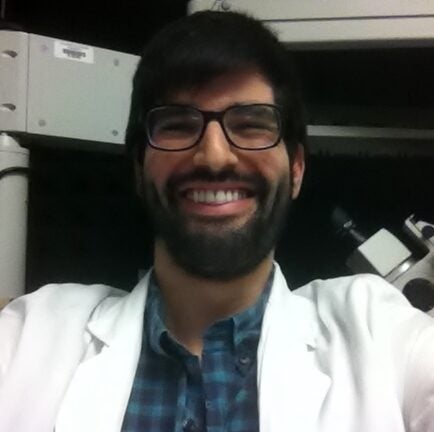
Josephine Chou
Class of 2012, B.A. in Psychology
Where have you worked and/or studied since you graduated from USC?
I continued my graduate studies at USC (Occupational Therapy), specializing in hand therapy. I have finished my master’s, and will complete my doctorate in Occupational Therapy (OTD) in May 2015.
What was the most beneficial thing you did as a student at USC to prepare you for post-graduation?
The psychology honors program gave me clarity and direction. It solidified my understanding of research methods and how to conduct and analyze research. These skills put me ahead of the game in graduate school. Understanding the different nature of various graduate programs/degrees gave me value insight when it came to decision-making for my future plans. Dr. Farver was an amazing advisor and advocate.
Surrounding myself with mentors was extremely valuable. I had numerous mentors who I met through volunteering in research labs (e.g. Dr. Margolin’s Family Studies Lab), clubs (e.g. Christian Challenge, APASS Connections), and research programs (e.g. Psych Honors, McNair Scholars). They inspired me with their passion, patience, and character.
What course did you enjoy the most?
Sensation and Perception
If you were an undergraduate again, is there anything that you would do differently?
No, I loved every moment of undergrad. I think I spent my time well… Although, I may have overbooked myself (crammed undergrad into 3 years), but that’s just how I do things. Setting a time crunch forced me to choose what I knew I wanted over what I might have found mildly entertaining.
Have you won any awards, accolades, etc. after you graduated from USC?
USC AOTA Student Leadership Award – 2014
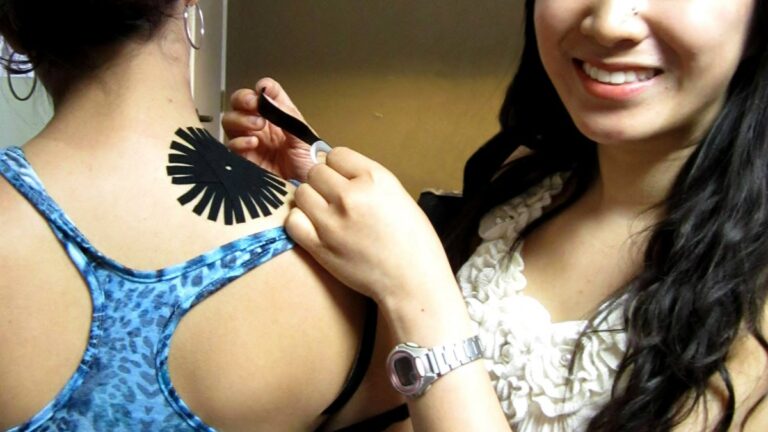
Lauren March
Class of 2012, B.A. in Psychology with Minors in Occupational Science & Sports Media Studies
Where have you worked and/or studied since you graduated from USC?
Upon graduation, I began working towards my master’s degree in Postsecondary Administration and Student Affairs (PASA) with an emphasis in athletic administration in USC’s Rossier School of Education. I’ve held two graduate assistantships during my time in the PASA program; my first is as an Assistant Learning Specialist at USC Student-Athlete Academic Services, and my second is as an Academic Coach at the USC Kortschak Center for Learning and Creativity.
What was the most beneficial thing you did as a student at USC to prepare you for post-graduation?
Enrolling in the psychology honors program was a great way for me to hone my research and writing skills during my last two years as an undergraduate student. It was such a rewarding experience to produce a thesis over the course of a year and a half that focused on my specific academic area of interest.
What course did you enjoy the most?
It’s a tie between Developmental Psychology (PSYC336) and Abnormal Psychology (PSYC360)
If you were an undergraduate again, is there anything that you would do differently?
I would probably start creating concrete ideas for what I wanted to do after graduation earlier (perhaps around winter of my junior year). Searching for jobs and applying to graduate school can be both long and strenuous processes that require a lot of dedication and foresight.
Have you won any awards, accolades, etc. after you graduated from USC?
I’ve earned Dean’s List every semester in my graduate program at USC and am poised to graduate with my M.Ed. degree summa cum laude in May of this year.
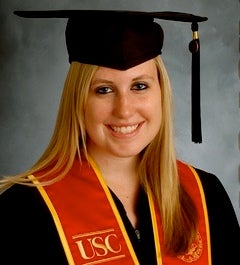
Dr. Meg Palisoc
Class of 1996, B.A. in Psychology
Where have you worked and/or studied since you graduated from USC?
After I graduated from USC, I went straight to a master’s degree program in College Student Personnel Services at the USC Rossier School of Education. This degree is now known as the Master of Education in Postsecondary Administration and Student Affairs (PASA). After obtaining my master’s degree, I worked for the USC Viterbi School of Engineering’s student affairs division. I loved working in student affairs, but I also witnessed firsthand that there were not enough students from low income neighborhoods who were getting into prestigious universities such as USC because they did not have a strong K-12 academic background. As a result, I was inspired to become part of the solution by becoming an inner city elementary school teacher with the Los Angeles Unified School District. In order to make an even greater impact on urban education, in 2004, I started a non-profit organization, Synergy Academies, that operates three free public charter schools in South LA near USC. In May 2013, I obtained my Doctor of Education degree from USC.
What was the most beneficial thing you did as a student at USC to prepare you for post-graduation?
The most beneficial thing I did as a student at USC was to take the Art and Adventure of Leadership Class with then USC President Steven B. Sample and Distinguished Professor Warren Bennis. I used to be shy, but deep down inside, I always wanted to be a great leader someday. This class helped strengthen my self-confidence so that when I graduated, I knew that I was going to do something great with my life post-graduation.
What course did you enjoy the most?
One of the most powerful classes I took was on the Holocaust. The class was memorable because we read about the everyday heroes who risked their lives to save complete strangers during the Holocaust such as the heroes in a French village as described in one of my favorite books from this class: “Lest Innocent Blood Be Shed: The Story of the Village of Le Chambon and How Goodness Happened There.” After taking the class, I vowed to make a conscious effort to work hard on being an everyday hero.
If you were an undergraduate again, is there anything that you would do differently?
I would have studied abroad or spent a semester in Washington, D.C. to expand my experiences outside of Los Angeles since I also grew up in LA.
Have you won any awards, accolades, etc. after you graduated from USC?
When I was getting my master’s degree at USC, I was awarded the Rockwell Dennis Hunt Scholastic Award for the graduate student who best represented the university. When I was a teacher, I was awarded the Golden Apple Teaching Award from LAUSD in 2003. As an educator, I became one of the first Emerging Leaders identified in 2006-2007 by Phi Delta Kappa International, a leading international education organization. In 2008, I was awarded a Women of Distinction Award from Speaker of the California Assembly Fabian Nuñez. In 2011, I was awarded the 40 Under 40 Leadership Award from the New Leaders Council for being among the top 40 progressive leaders nationwide who are under age 40. In 2013, the elementary school that I helped start, Synergy Charter Academy, was named the Best Urban Elementary School in America and the #1 Charter Elementary School in California. I was also recognized by The Walton Family Foundation as one of four “Education Reformers to Watch,” nationwide in October 2013.
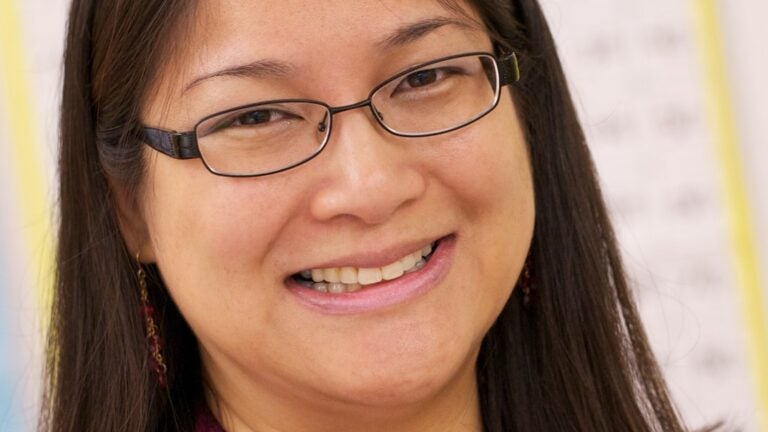
Katie Yale
Class of 2012, B.A. in Social Science, Psychology.
Where have you worked and/or studied since you graduated from USC?
After graduation, I took the LSAT and applied to law school. I worked for a year in a law firm as a research assistant while awaiting decisions from schools. My role was mainly to manage the firm’s mass tort cases; I also served as first contact for clients. I am currently attending the Wake Forest University School of Law.
What was the most beneficial thing you did as a student at USC to prepare you for post-graduation?
Honestly, the most beneficial thing that I did at USC was studying abroad. I spent the Fall 2011 semester in Brisbane, Australia and it really helped me to get out of my comfort zone and feel more comfortable approaching people that I did not know. This has really helped my law school experience in regard to networking and forming new professional relationships.
What course did you enjoy the most?
One of my favorite courses was Origins of the Mind with Professor Wood. It was fascinating learning about the evolution and emergence of cognition. I highly recommend it.
If you were an undergraduate again, is there anything that you would do differently?
I think that if I could do it all over again, I would make more of an effort to get to know professors. I was intimidated by some of the large classes I took and didn’t want to be one of the students competing for attention of the professor in office hours. Looking back, I wish I would have approached more professors. They are just people, are more approachable than you think, and can be valuable allies.
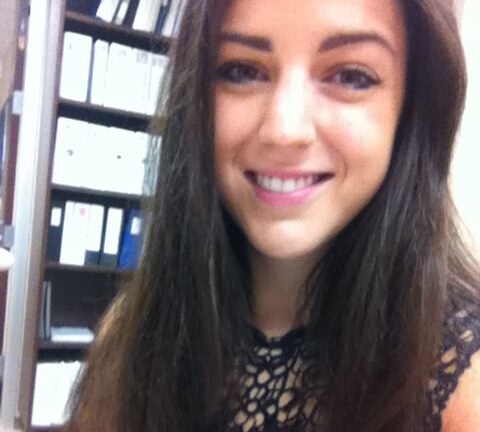
Lindsay Weinstein
Class of 2008, BA in Psychology
Where have you worked and/or studied since you graduated from USC?
After graduation from USC, I started working as a Project Manager at Schlesinger Associates in Westwood, where I stayed for two years. In 2010, I went back to school for a Masters in Public Health at UCLA (graduating in 2012). During my MPH program, I began working at the VA in West Los Angeles, and I have continued to work there post-graduation as a Health Coach.
What was the most beneficial thing you did as a student at USC to prepare you for post-graduation?
Get involved/ be a part of as many organizations, programs, and other opportunities as you can. The connections and experience will help you greatly in life post-college.
What course did you enjoy the most?
Abnormal Psychology: it was very interesting learning about the different conditions
If you were an undergraduate again, is there anything that you would do differently?
Enjoy it more- I spent so much of undergrad stressed out about EVERYTHING! You have plenty of time to be worried about your future! You will never have another opportunity to sleep in until 10:00am on a weekday, and go out on a weeknight. I wish I was more present while in college—you only have 4 years, so make the most of it.
Have you won any awards, accolades, etc. after you graduated from USC?
Graduated cum laude from UCLA MPH program, presented at the National Biofeedback Conference in Savannah, Georgia
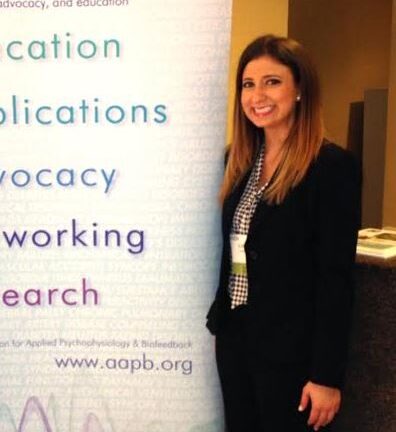
Heidi Hyun
Class of 2013, BA in Psychology & Political Science
Where have you worked and/or studied since you graduated from USC?
The summer after graduation, I worked as a legal research assistant for an USC Ph.D. candidate, researching intellectual property law. Since then, I have been working as a Legal Assistant for a boutique family law firm in Orange County.
What was the most beneficial thing you did as a student at USC to prepare you for post-graduation?
The most beneficial thing is I did as a student at USC is really take advantage of what USC had to offer in terms of research. I focused primarily on research in both majors, taking classes from psychometrics to researching prison overcrowding under UNRUH in the political science department. The skills I developed from research (i.e., reading scholarly journals, writing papers, developing theses, etc) really gave me a one-up especially in the legal field, as the skills overlap. Day-to-day I am reading legal briefs, summarizing cases, or deciphering for legal arguments.
What course did you enjoy the most?
The psychology course I enjoyed the most was forensic psychology. It is the most applicable course I took at USC that relates to the field I work in. Because I work in family law, most cases involve, but not limited to, domestic violence, 730 evaluations, different cases of psychological evaluations, restraining orders, etc. It definitely helped to know these terms and what they mean prior to working. The sense of familiarity forensic psychology gave me really gave me the confidence boost I need to start working right after graduation.
If you were an undergraduate again, is there anything that you would do differently?
If there is anything I would do differently is probably take business classes. I realized that at the end of the day, everything, every decision is business related. Having some foundation in negotiations, marketing, or even accounting, I know, would really help in the workplace.
Have you won any awards, accolades, etc. after you graduated from USC?
Since graduating my job at USC, I got promoted very early on in my work and received a very generous raise within a month of employment.
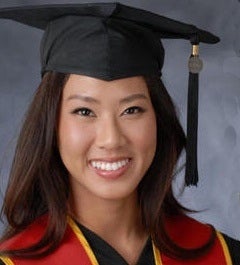
Ashley Huggins
Class of 2013, BA in Psychology with Minor in French
Where have you worked and/or studied since you graduated from USC?
Since graduating, I started working as a Research Associate in the Chicago Lab of Emotion and Physiology in the Psychology Department at the University of Illinois at Chicago. Under a Research Domain Critera (RDoC) project funded by the National Institute of Mental Health, we are conducting a family study investigating whether reduced reward anticipation and heightened sensitivity to potential threat represent risk factors for internalizing disorders (i.e., depression and anxiety). I spend most of my time in the lab working with participants by conducting structured clinical interviews (SCID) to assess current and past psychopathology and running them through lab visits where we do all of our psychophysiological data collection (e.g., EEG, GSR, RSA). The rest of my time is usually spent processing the psychophysiological data, helping with manuscript preparation, and various administrative tasks. I am going to be applying for my Ph.D. in Clinical Psychology soon.
What was the most beneficial thing you did as a student at USC to prepare you for post-graduation?
The most beneficial thing I did while at USC was to get involved in research. By working in several different labs and working on a thesis in the honors program, I was able to gain valuable research experience, which really inspired my passion for research and helped me develop the skills and knowledge I would need for a career in the field.
What course did you enjoy the most?
My favorite course was probably Abnormal Psychology. I always wanted to go into the clinical area of psychology, so by taking that class, I was learning about the area that I was most interested in.
If you were an undergraduate again, is there anything that you would do differently?
I think I would have liked to take some biology or neuroscience courses. I took behavioral neuroscience in my sophomore year, which was great, but while working on my honors thesis and in my current lab, I definitely started getting more in the psychophysiological/neurological underpinnings of behavior. It would have been nice to have a more thorough background and working knowledge of those areas for future research interests.
Have you won any awards, accolades, etc. after you graduated from USC?
Published article titled “Neural response to reward anticipation in those with depression with and without panic disorder” in Journal of Affective Disorders.
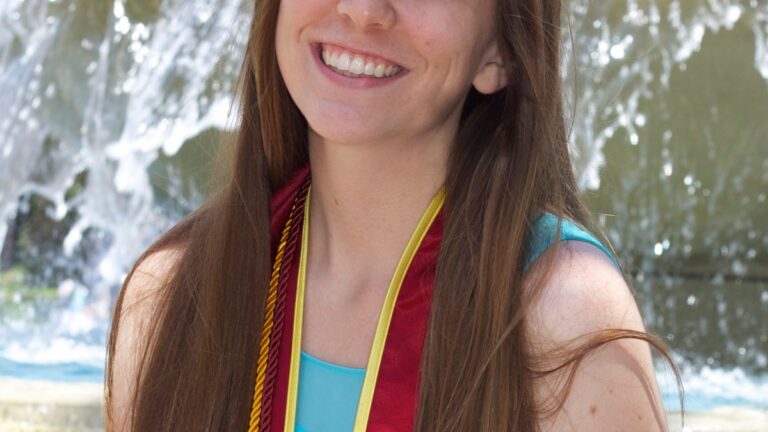
Marissa Chavez
Class of 2011, B.A. in Psychology with Minor in Gerontology
Where have you worked and/or studied since you graduated from USC?
About a month after graduation, I had the opportunity to travel to Europe and India with a few friends from USC and the most eye-opening part of our trip was volunteering for a month with the Missionaries of Charity in Calcutta, India, which is the religious order that Mother Teresa founded. I worked at an orphanage with children who had disabilities and it was the most beautiful experience I have ever had. I will never forget the kindness and love I witnessed on a daily basis.
In January of 2012, I began my studies as a graduate student at Loyola Marymount University in Los Angeles and in just a few weeks, I will be graduating with my Master of Arts degree in Literacy and Language Arts along with my California elementary teaching credential. I love my student teaching experience right now, but I am very much looking forward to finding employment as an elementary public school teacher in or around the Los Angeles area for the coming school year.
What was the most beneficial thing you did as a student at USC to prepare you for post-graduation?
While the rigor of my academic courses certainly prepared me for life after USC and especially life as a graduate student, working for Readers Plus as well as staying active and involved with the USC Catholic Center provided me with invaluable experiences that have molded me into the person I am today. I was involved in several ministries and committees at the Catholic Center that allowed me to hone my leadership skills, the most rewarding one being Homeless Ministry, which involved leading a group of volunteers to make and deliver food to residents of Skid Row on a daily basis. I also met my best friends through the Catholic Center, which I will forever be grateful for as they have encouraged and supported me in everything I have done, especially as I have worked on completing my degree from LMU. Working as an elementary math and reading tutor through Readers Plus gave me experience in the line of work I would eventually choose to pursue.
What course did you enjoy the most?
I can’t pick just one! Three courses actually come to mind: Developmental Psychology, Children’s Learning and Cognitive Development, and Adolescent Gang Intervention through the School of Social Work. I actually decided to declare myself a Psychology major just a few weeks into my Developmental Psychology course because it helped me recognize my love for learning about human development and behavior. Children’s Learning and Cognitive Development with Dr. Manis was also very interesting and helped me develop my teaching skills as they related to literacy and language arts.
Adolescent Gang Intervention is a class that will always stay with me. It was co-taught by Robert Hernandez and Steve Kim and was the most instrumental class I took while at USC. I have never had a class challenge me intellectually and emotionally the way that this one did. The course brought to light many factors contributing to the Los Angeles gang epidemic, but it also made this epidemic personal. Guest speakers, field trips, interviews, research articles, and our assigned readings brought gang issues to life in a unique way. Previously held biases and stereotypes were constantly challenged and we were faced with the task of creating and designing our own gang intervention program as our final project. This class pushed me out of my comfort zone and encouraged me to think outside of the box and to look at the issues through a compassionate lens. It was during my time in this class when I really began thinking about becoming a teacher.
If you were an undergraduate again, is there anything that you would do differently?
I would probably take advantage of the office hours of several professors. They possess such a wealth of knowledge and I would love to pick their brains about the kind of research they do and why they are interested in the field they chose, especially given everything I have learned in my graduate program. I’d also try to study in the libraries more often. During my last two undergraduate years, I tried to study as often as I could in the Gerontology library as well as the library in Mudd Hall (which is my favorite), but I didn’t do this as a freshman and sophomore. USC has beautiful libraries and I wish I had frequented them more in my early years at USC. If I had known about Readers Plus earlier, I would have worked for them for all four years at USC.
Have you won any awards, accolades, etc. after you graduated from USC?
I am very proud of the fact that I have maintained a 4.0 GPA through graduate school. As a result, I will be inducted into the Kappa Delta Pi educational honor society as well as Alpha Sigma Nu, which is a Jesuit higher education honor society. I was also honored and humbled to find out that I was named the Outstanding Graduate Student of my academic program this semester.
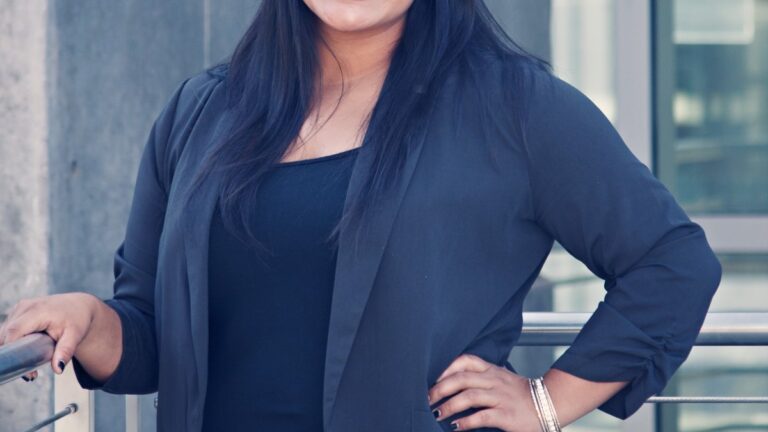
Nane Zadouri
BA in Psychology with Minor in Business, Class of 2007
Where have you worked and/or studied since you graduated from USC?
After graduating USC in May 2007, I worked as a tutor for elementary students in my neighborhood and started working for Children’s Hospital Los Angeles as a Research Assistant for Project ABC in their developmental disabilities department. I actually heard about this opportunity through the Psychology list-serve that Ingrid would send out. I really enjoyed this job working with fellow USC alumni & faculty, and other departments in the Los Angeles region like Department of Mental Health and other agencies.
I started my Master’s program at USC Rossier in Marriage and Family Therapy and School Counseling in 2008. It was a 3 year program; I earned my Masters degree and a School Counseling Credential. I earned my MMFT and PPS School Counseling Credential in May 2011.
Since finishing my graduate studies at USC, I was hired on full time in spring 2012 to work as the Research Manager for the WestEd California Home Visiting Project external evaluation. I work out of an office in Los Angeles with my former boss and enjoy what I do. I get to oversee the data collection, management, entry, and analyses of a longitudinal evaluation throughout the state of California. I definitely apply my undergraduate and graduate degrees: analyzing data with SPSS, writing reports, reviewing articles and staying update with current research.
What was the most beneficial thing you did as a student at USC to prepare you for post-graduation?
One of the most beneficial things I did was to do a minor in Business because this prepared me with skills in professional communication, writing memos, cover letters, preparing reports. The other MOST beneficial and FONDEST memory I have at USC during undergrad was participating as a volunteer for JEP! This was a remarkable experience that I had the opportunity to do for extra credit and as course requirement; I did it 3 different times. This experience motivated me to continue onto graduate school in a similar field and to want to study Psychology further.
What course did you enjoy the most?
I really liked Statistics, and Adolescent Development, Social Psychology and Criminal Behavior. I also enjoyed “Los Angeles and the American Dream” and my Business Marketing course.
If you were an undergraduate again, is there anything that you would do differently?
It may have been nice to have studied abroad or volunteered abroad for a few weeks during a summer break.
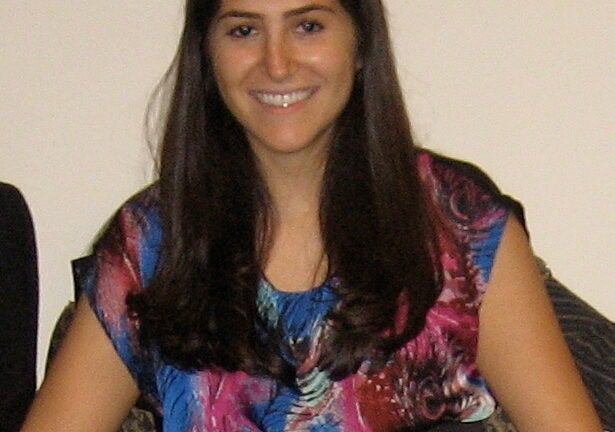
Dr. Stefanie Eppe
Class of 2006, Ph.D. in Developmental Psychology
Where have you worked and/or studied since you graduated from USC?
USC; Para Los Niños (Nonprofit organization in LA, CA); National Youth Employment Coalition (Nonprofit organization in Washington DC); Independent Consulting (Various, CA, DC, Costa Rica); Board Member at EDN! (national nonprofit organization).
What was the most beneficial thing you did as a student at USC to prepare you for post-graduation?
Field work; in-home or classroom interventions and trainings; project supervision; cleaning data sets; listening.
What course did you enjoy the most?
Developmental Psychology.
If you were an undergraduate again, is there anything that you would do differently?
Not one thing.
Have you won any awards, accolades, etc. after you graduated from USC?
Yes, but that is not what is important. I am most rewarded by having the opportunity to make a difference in my field of child development.
